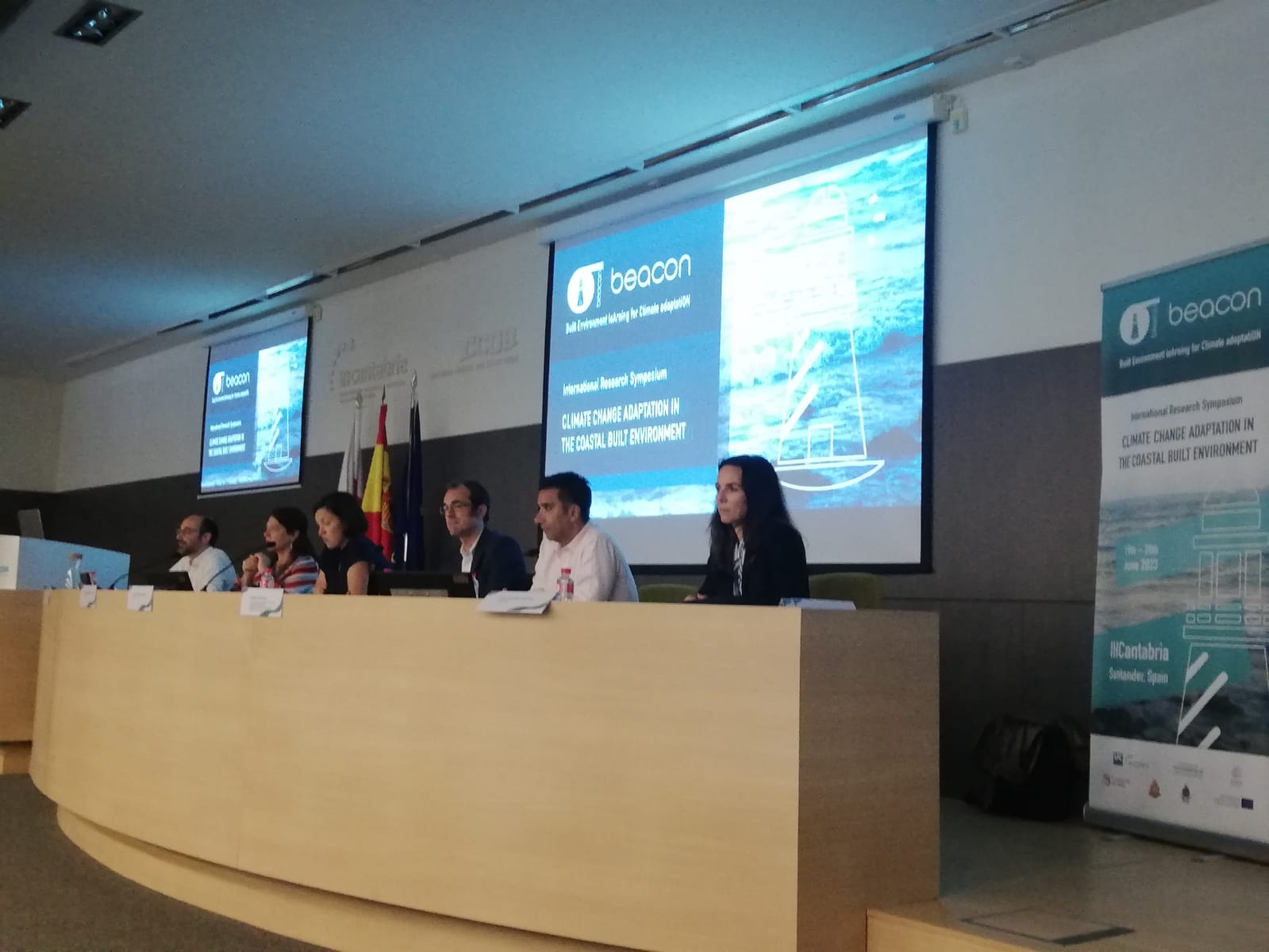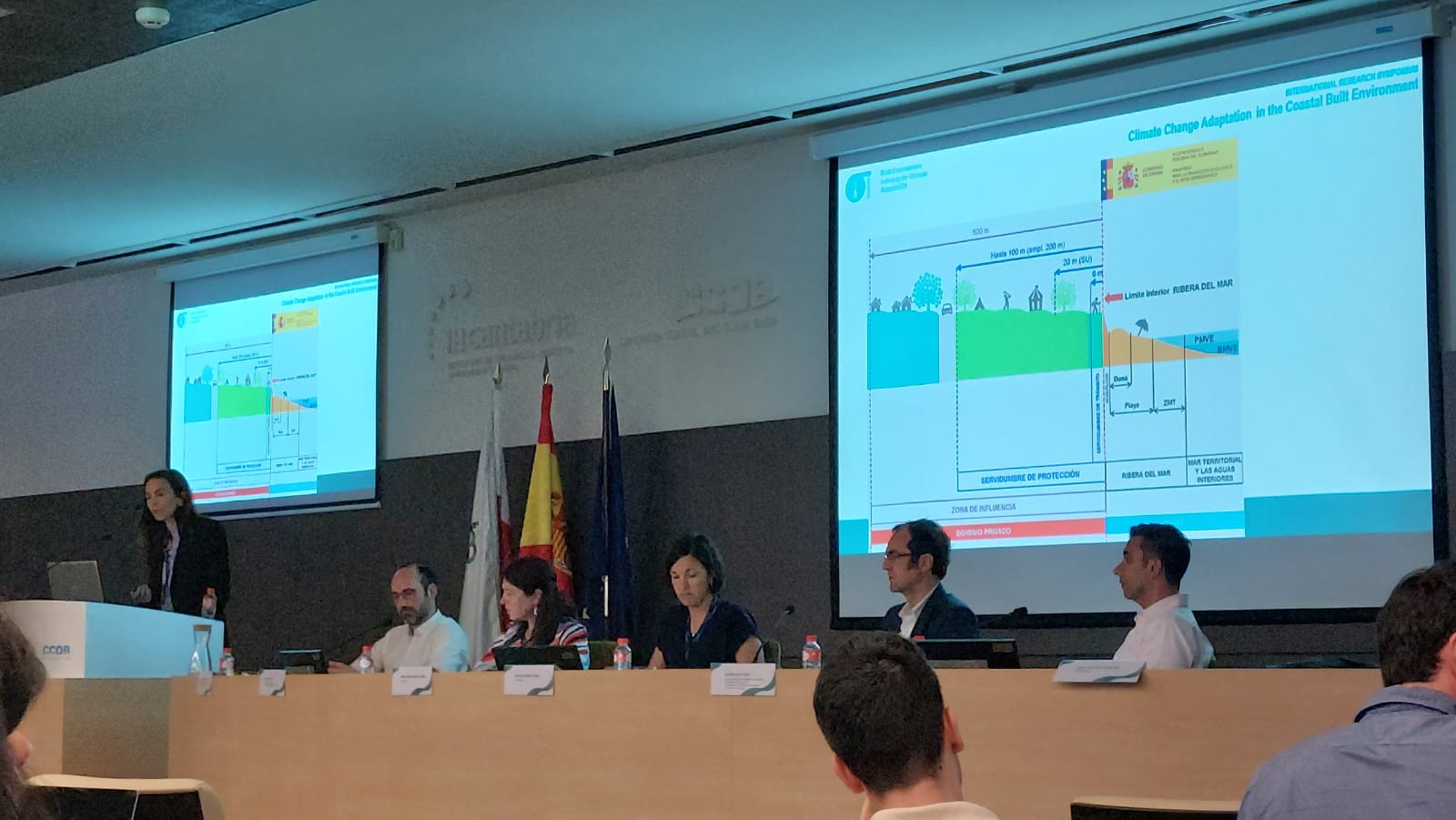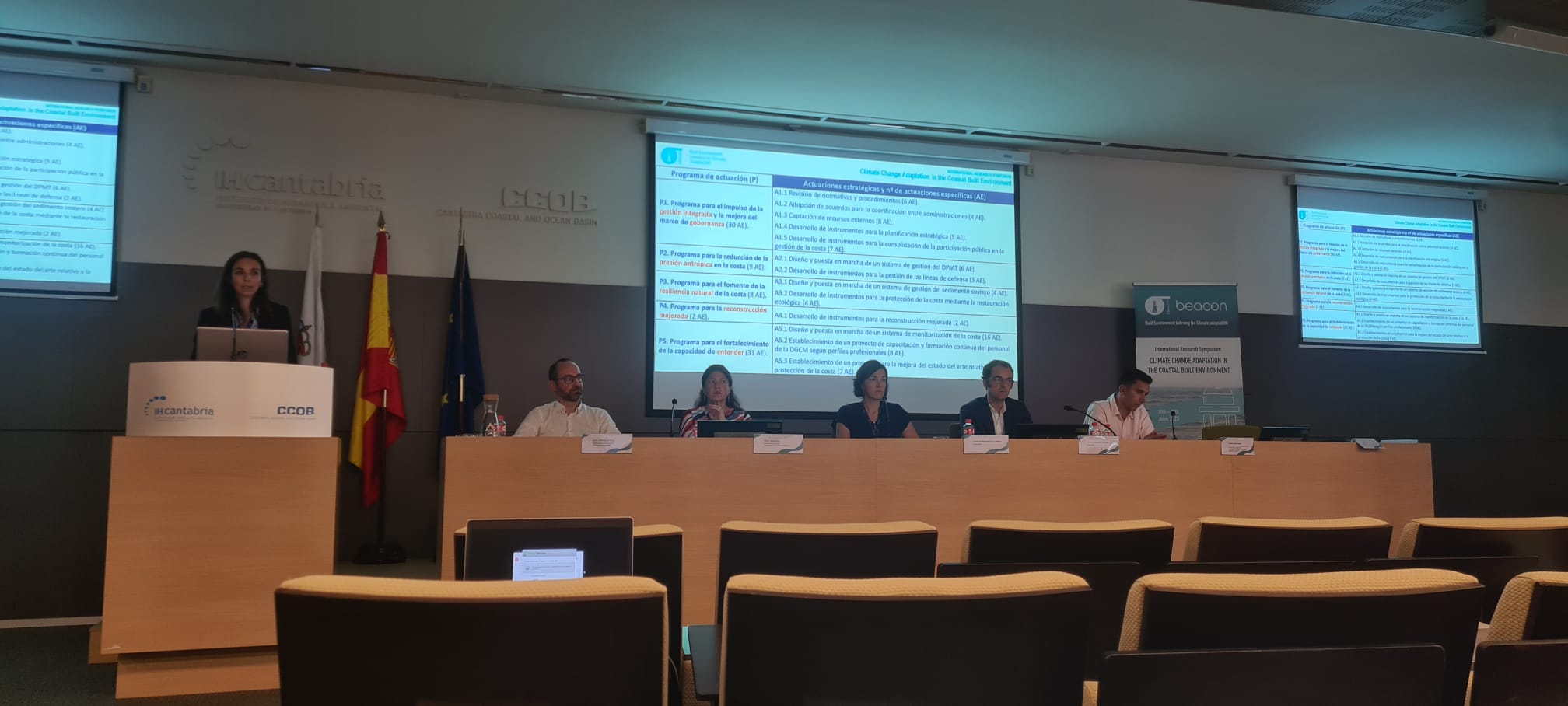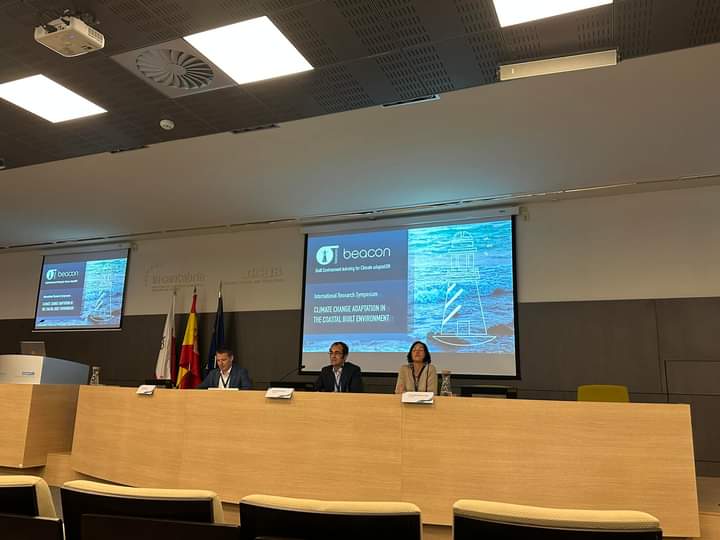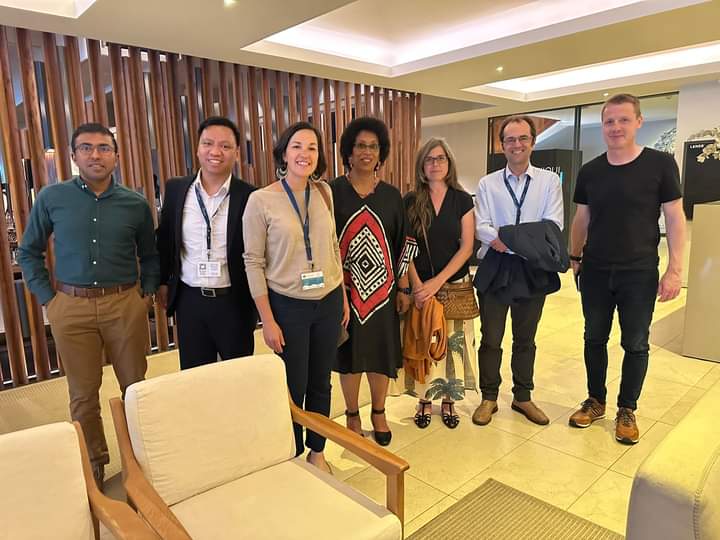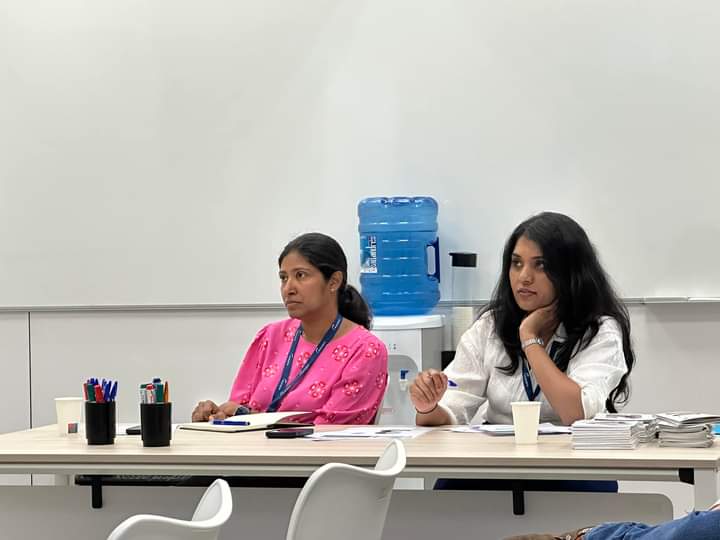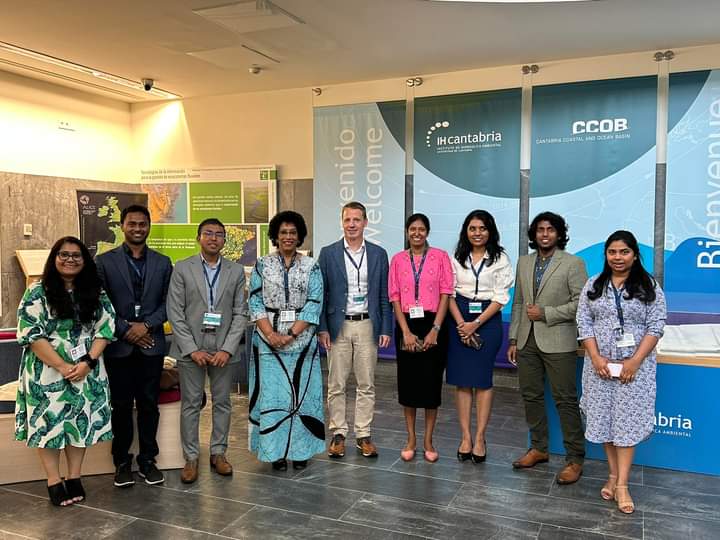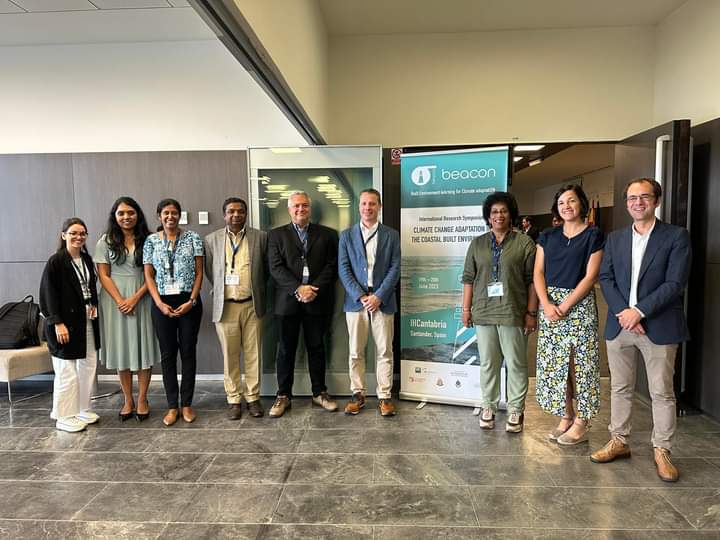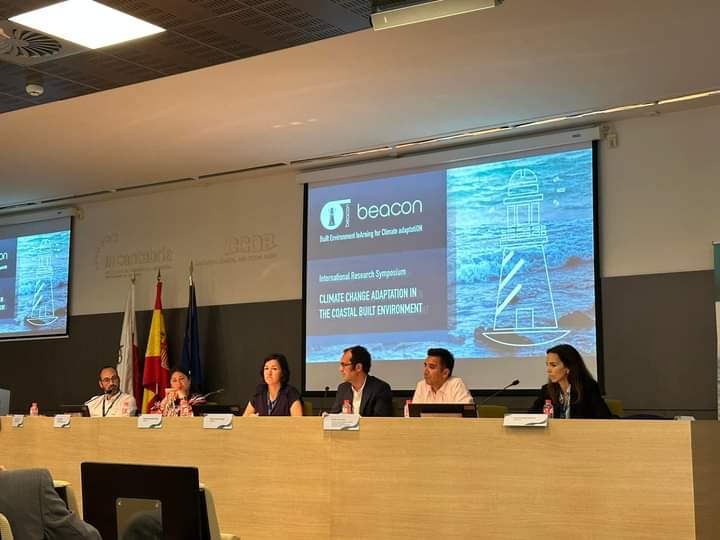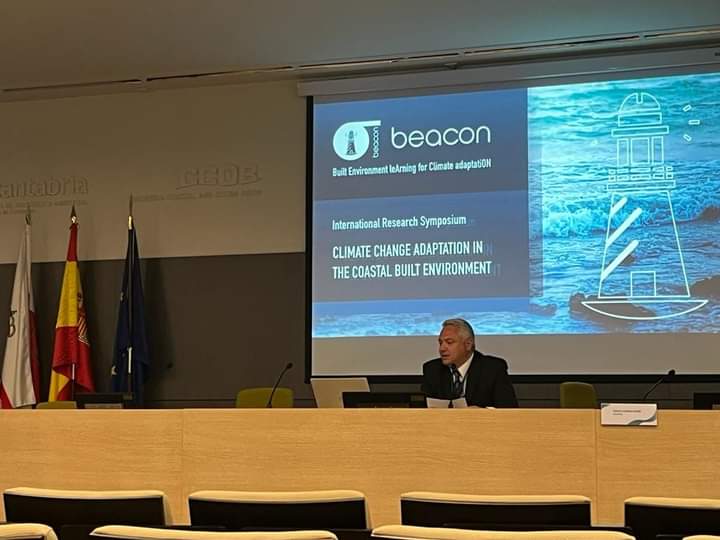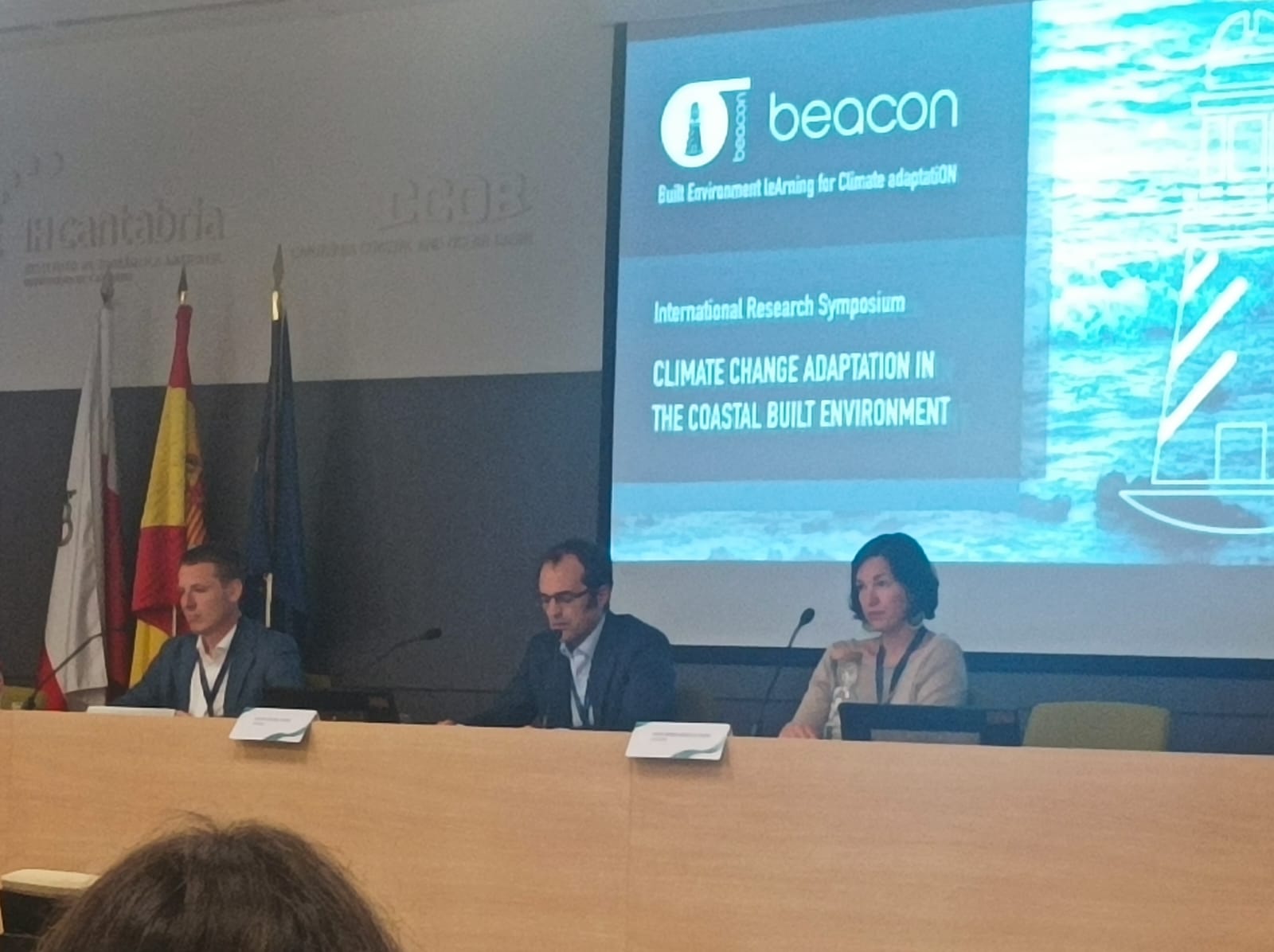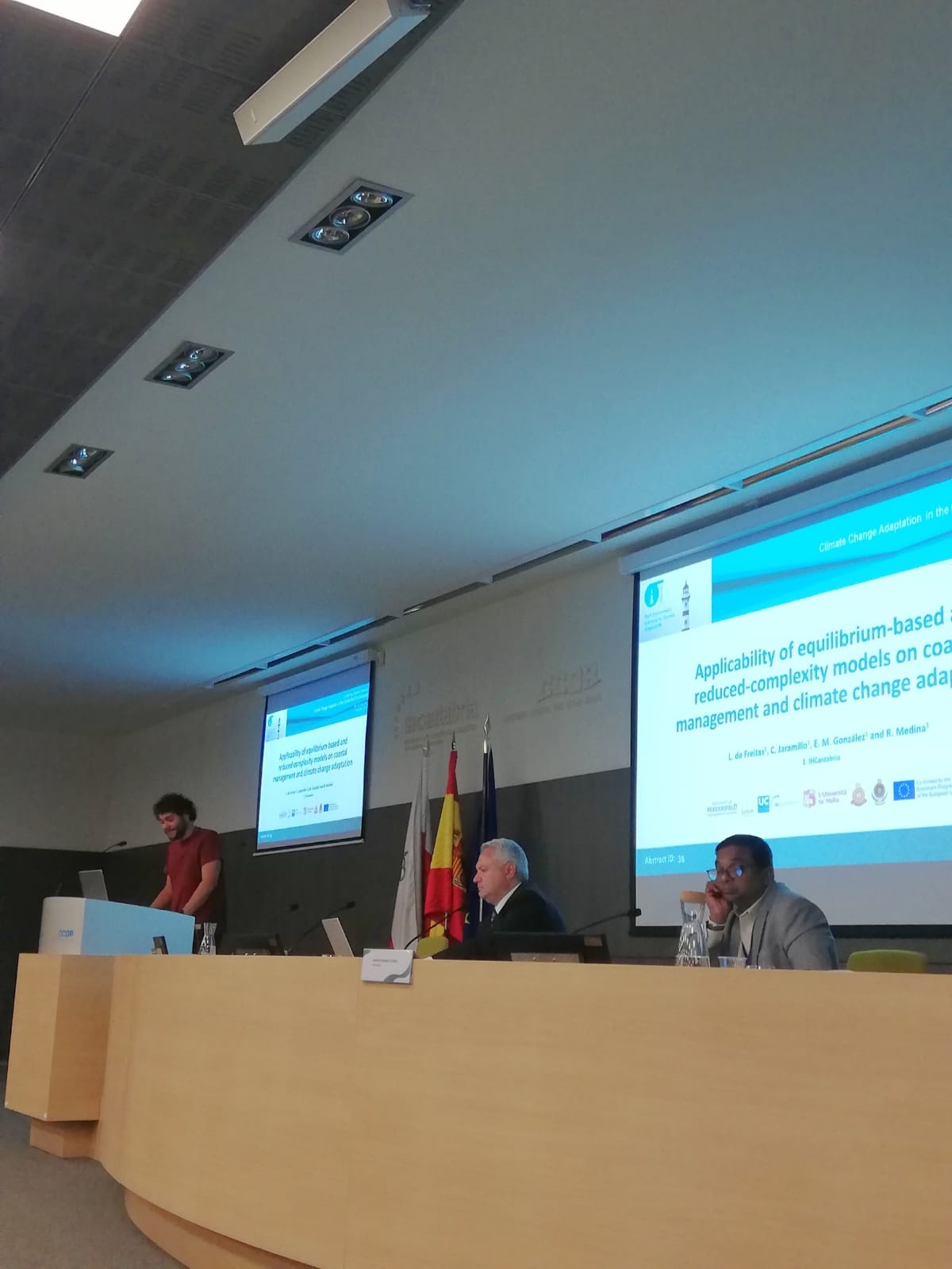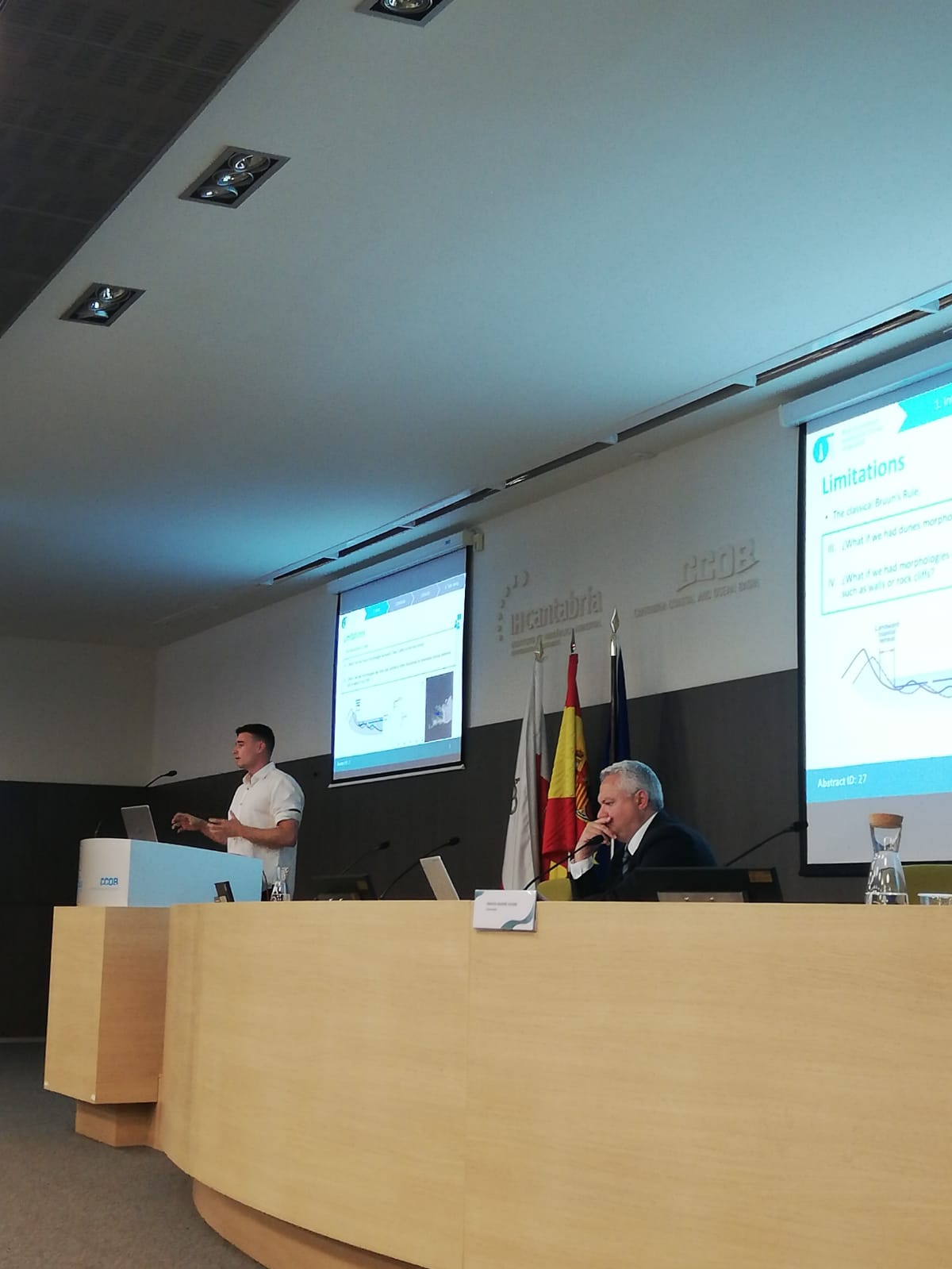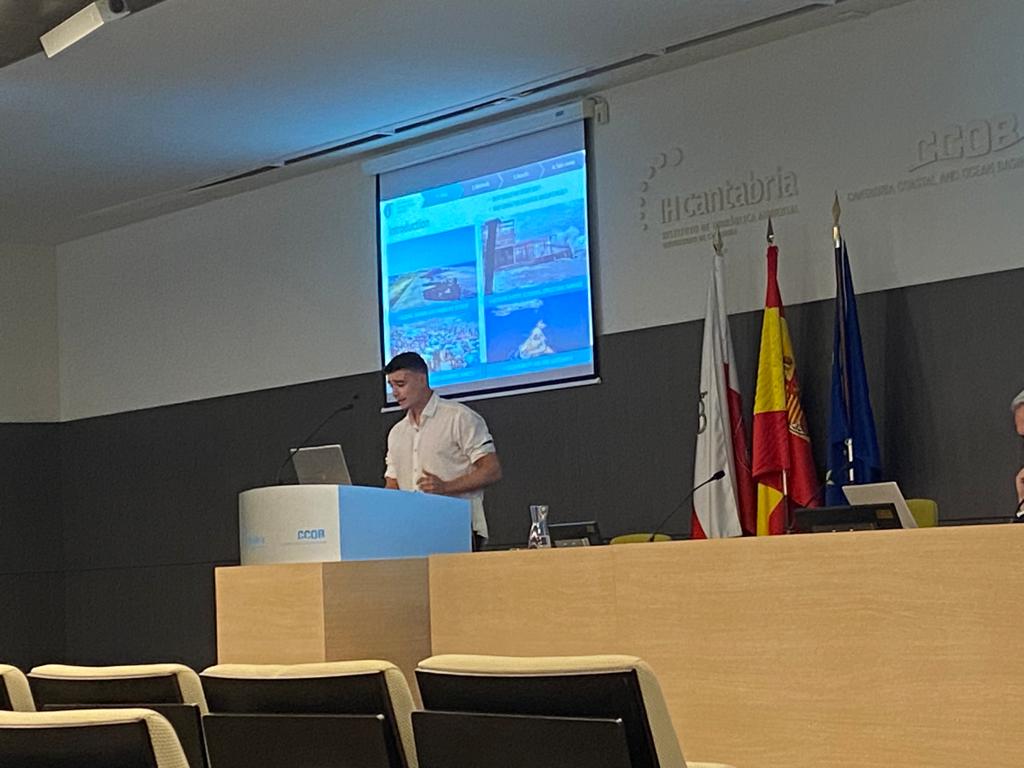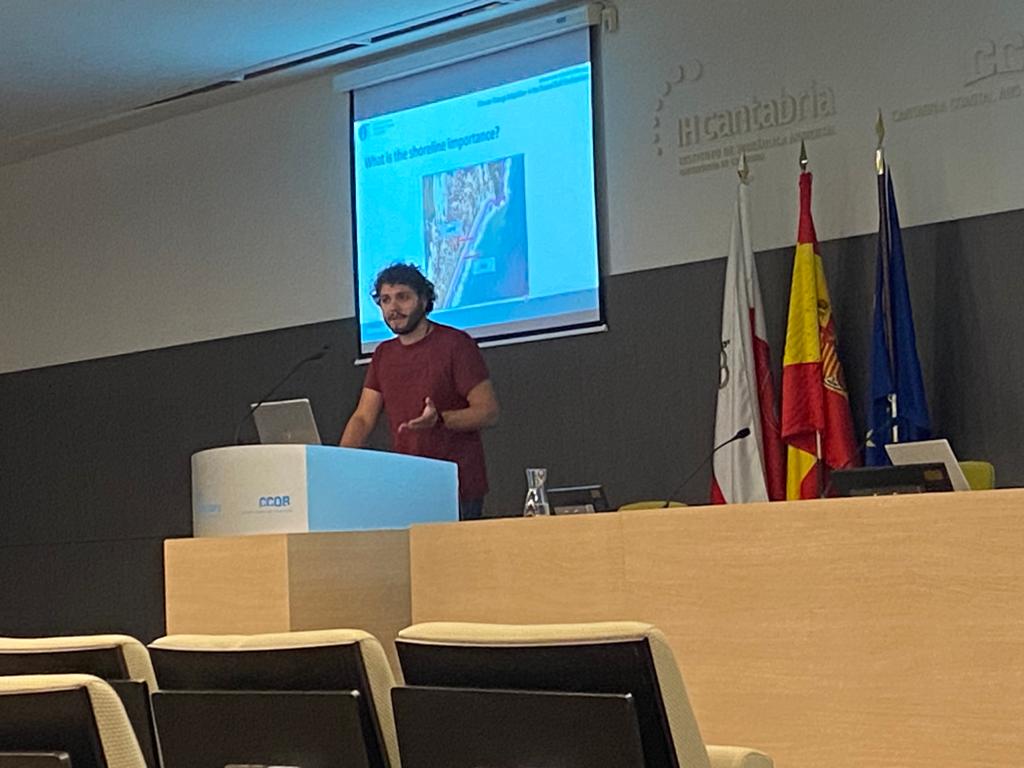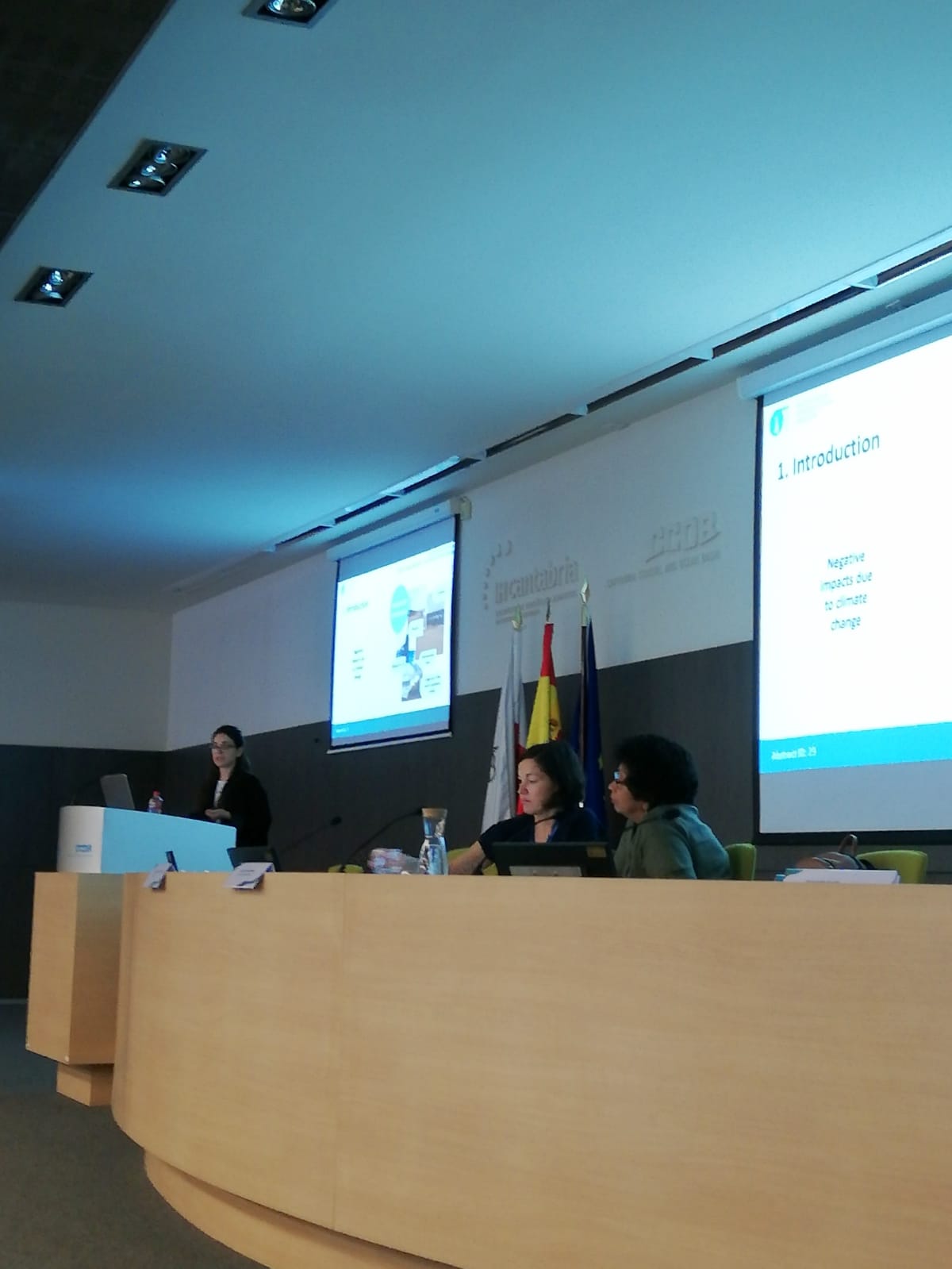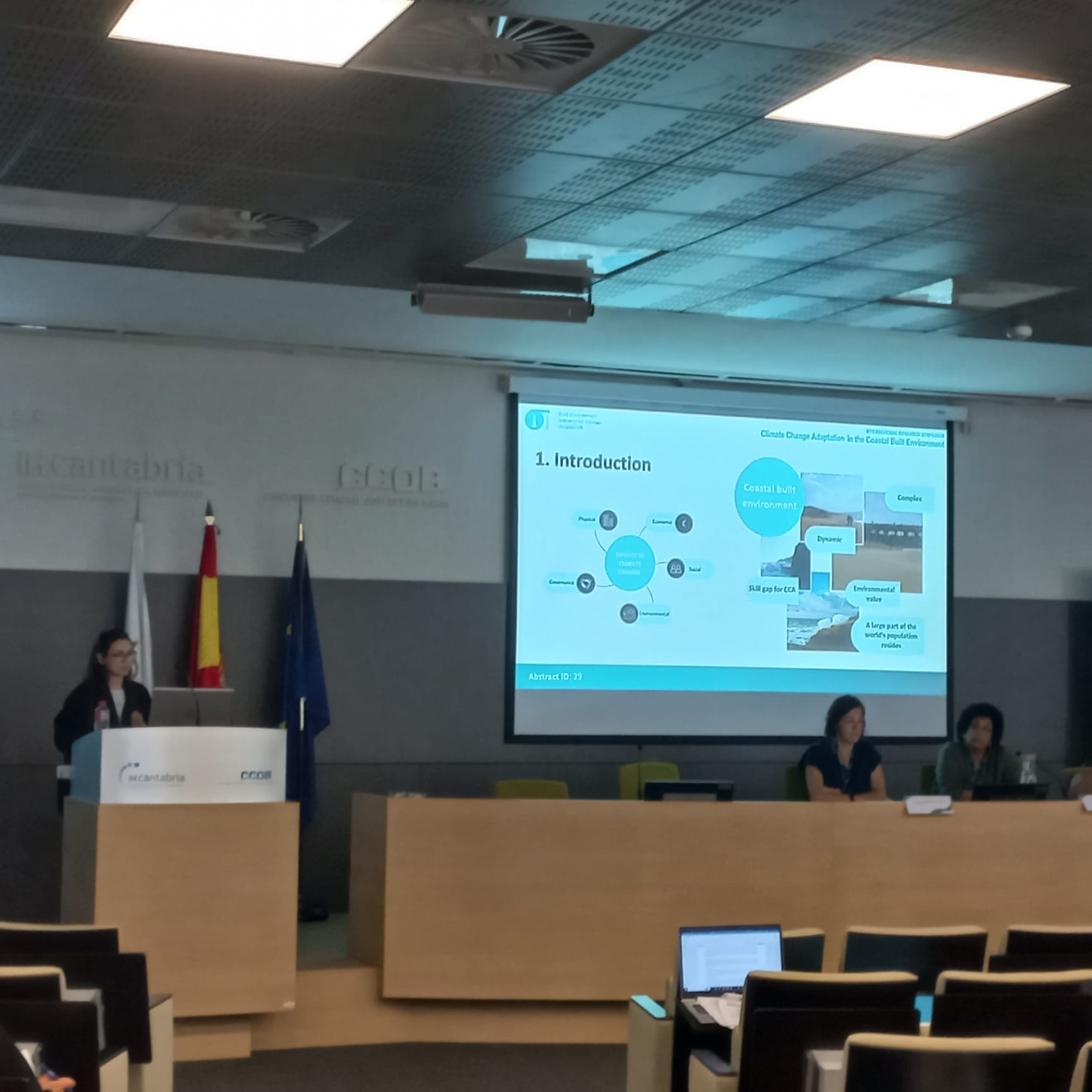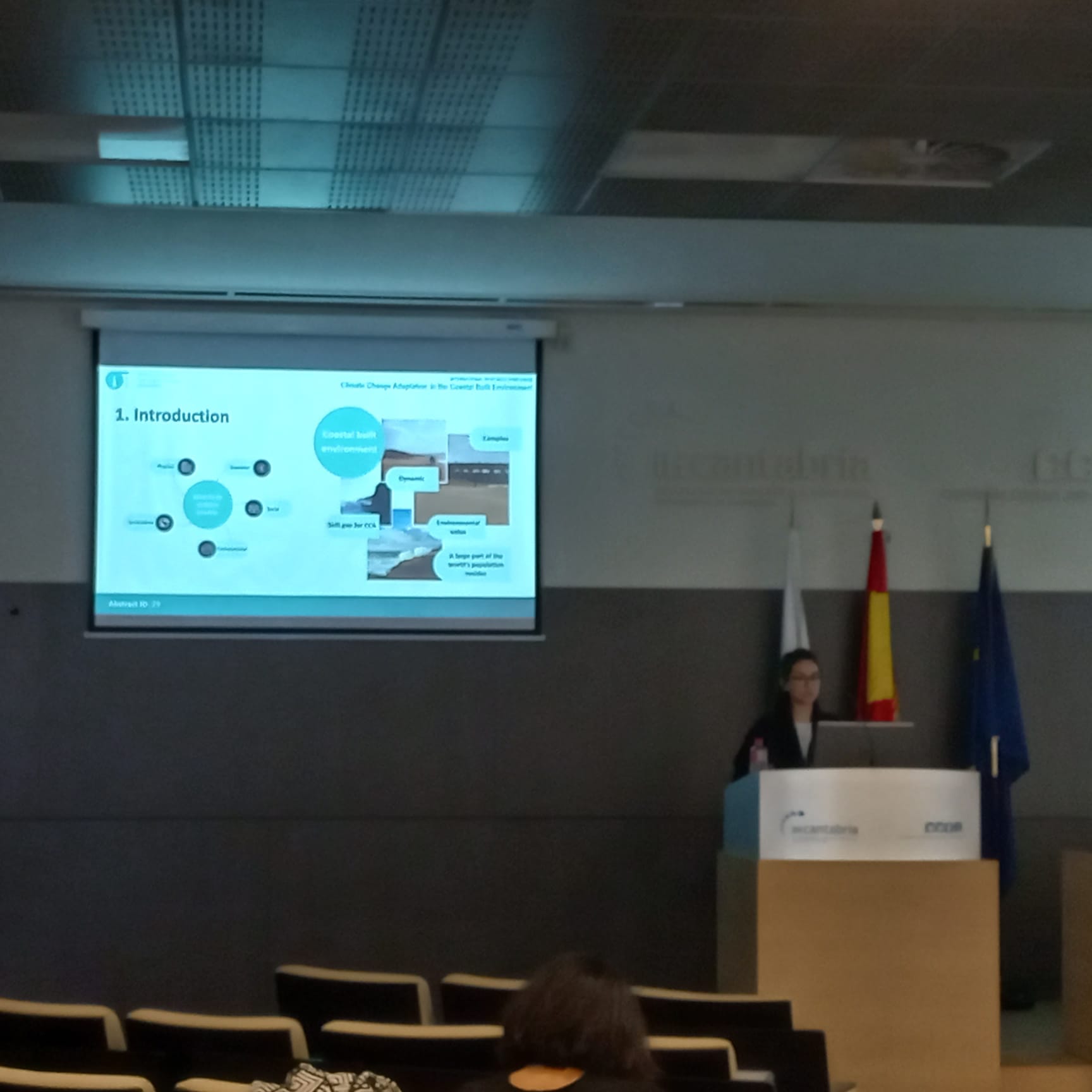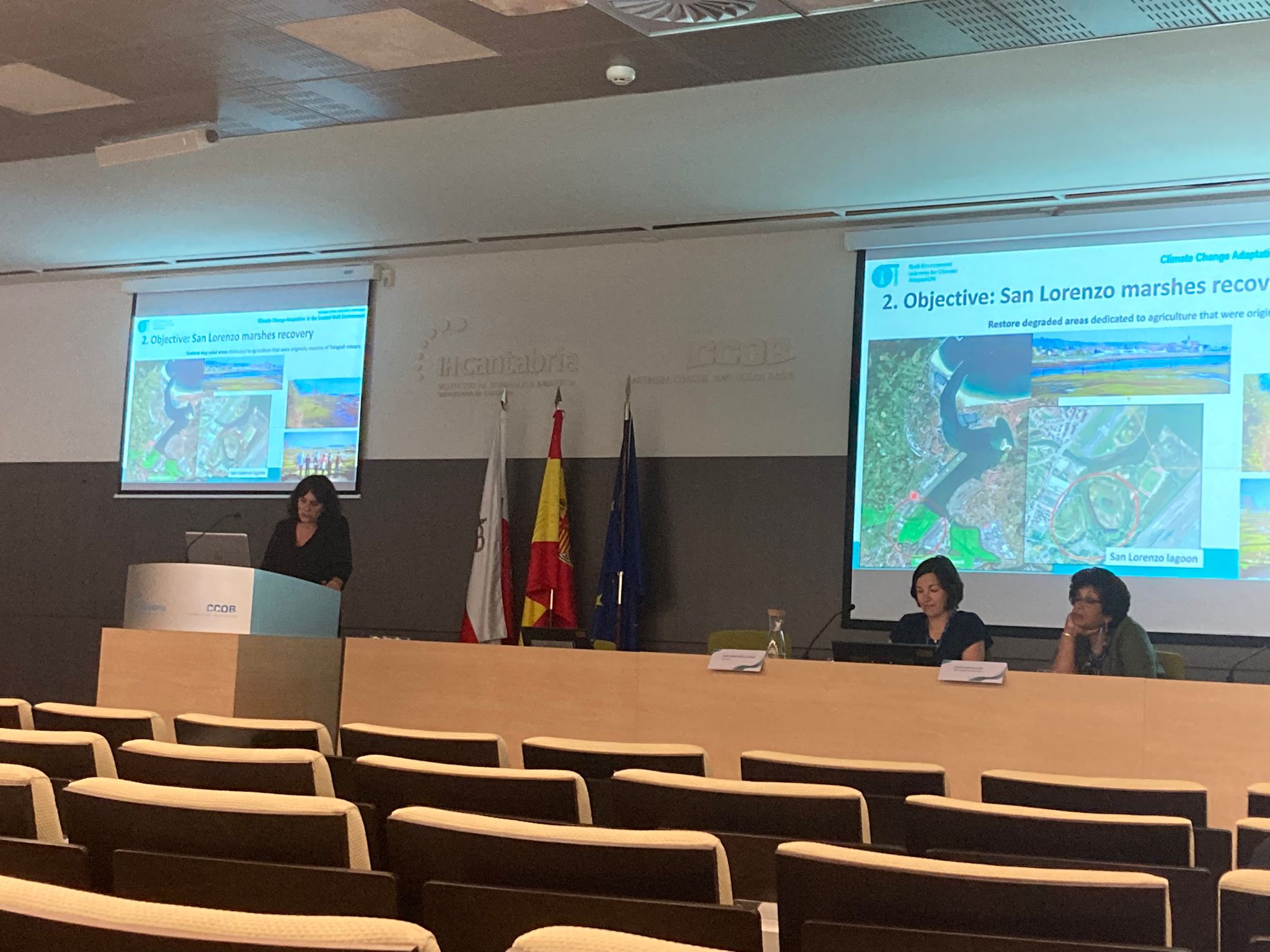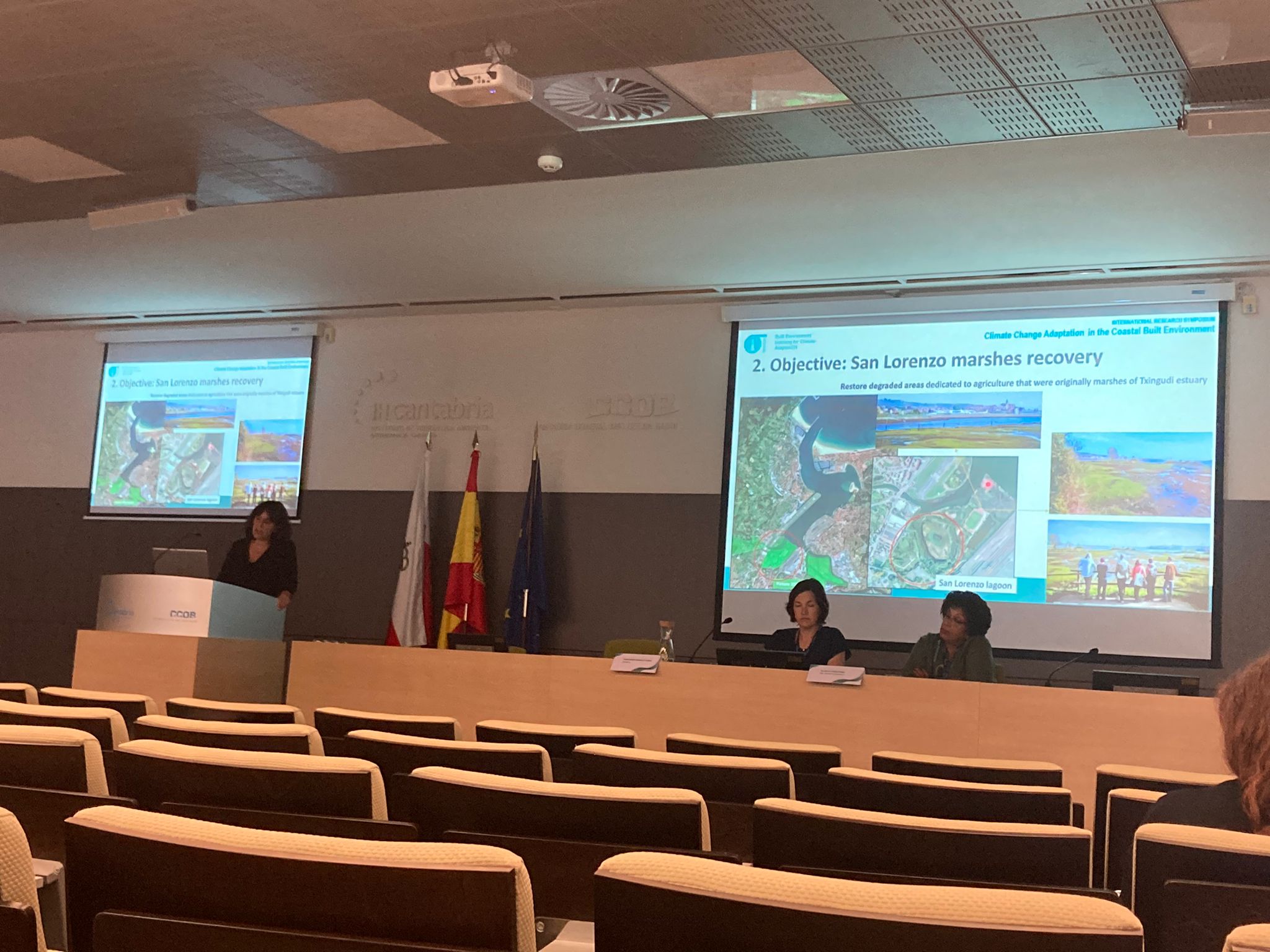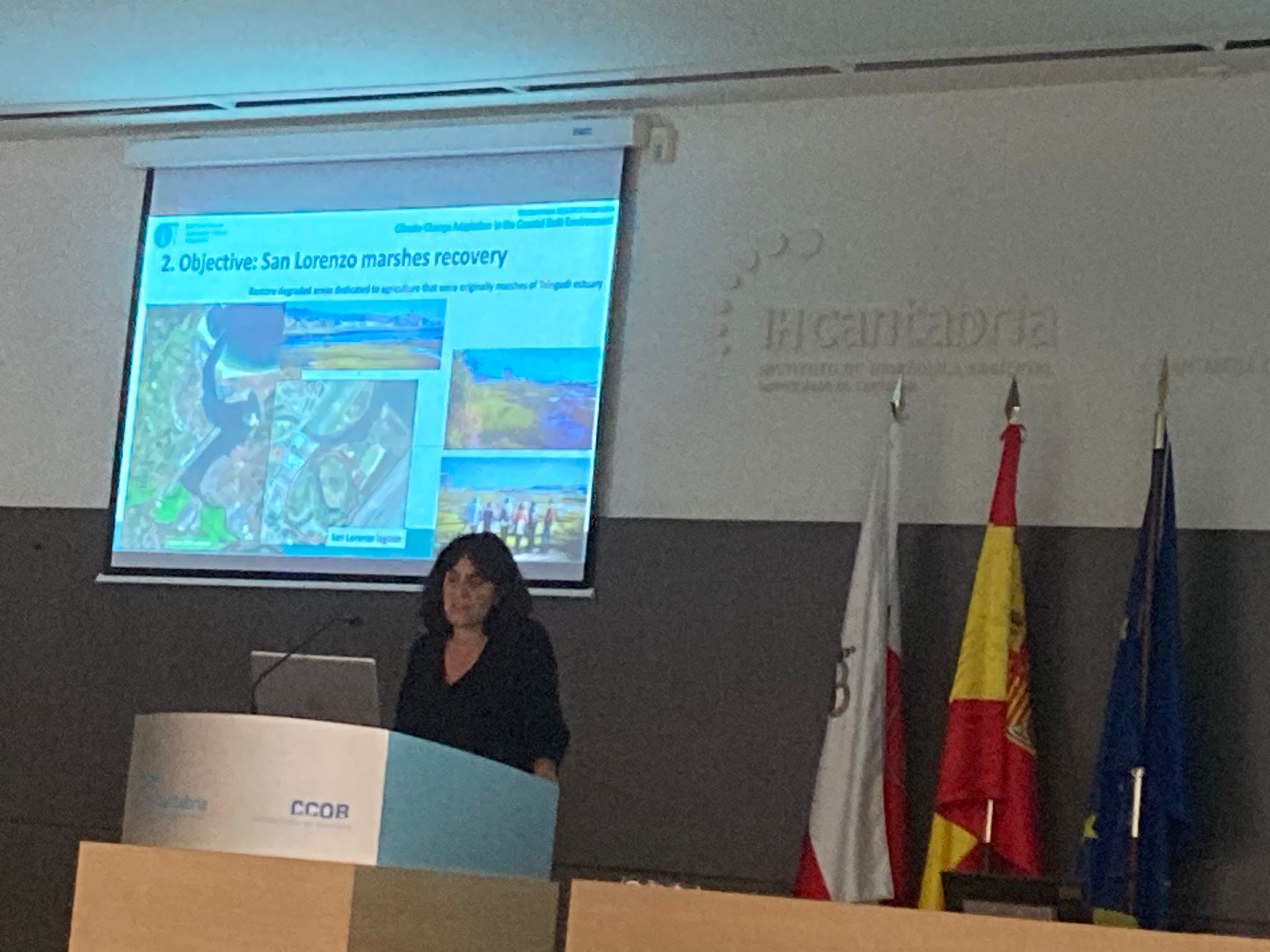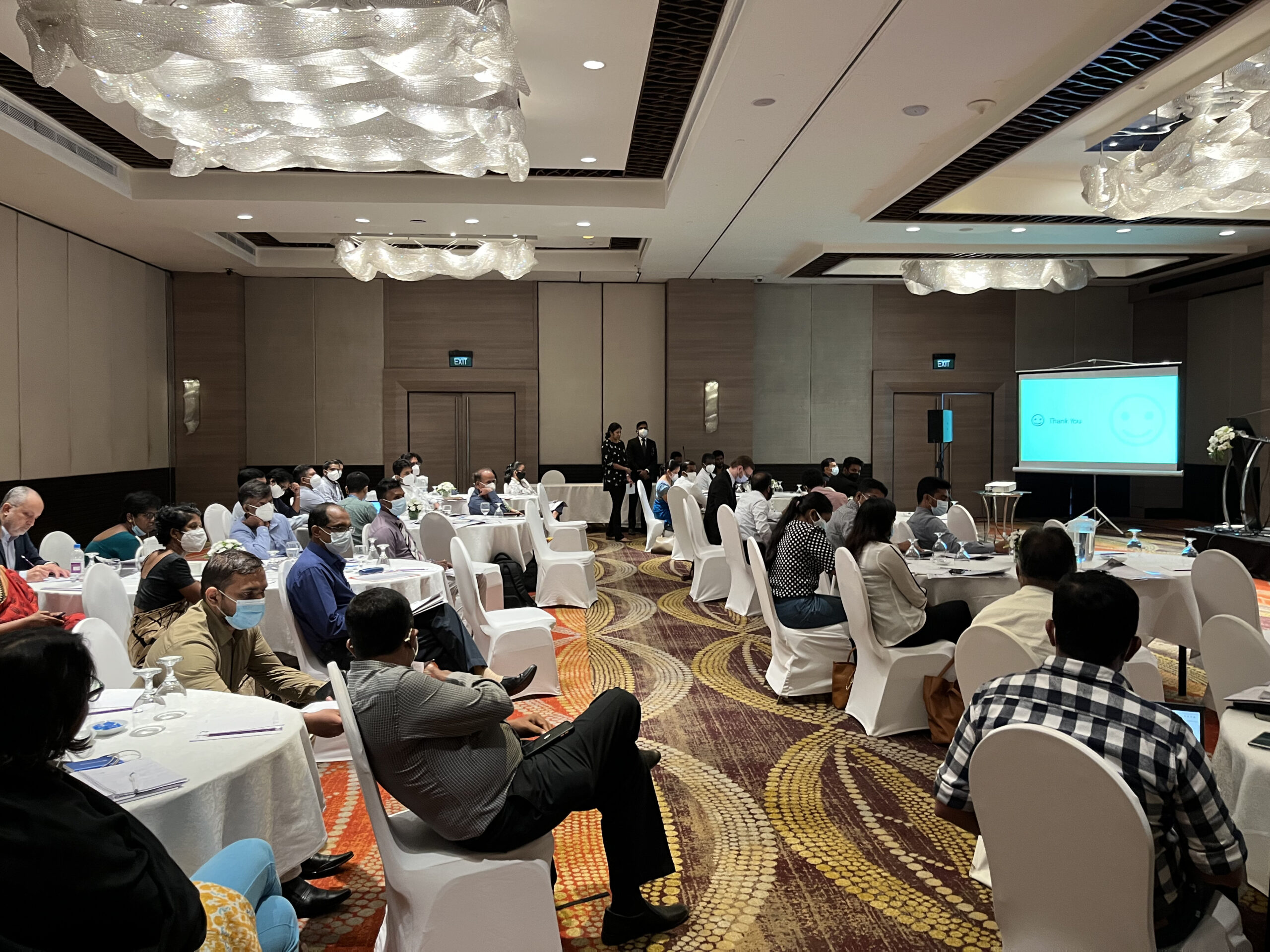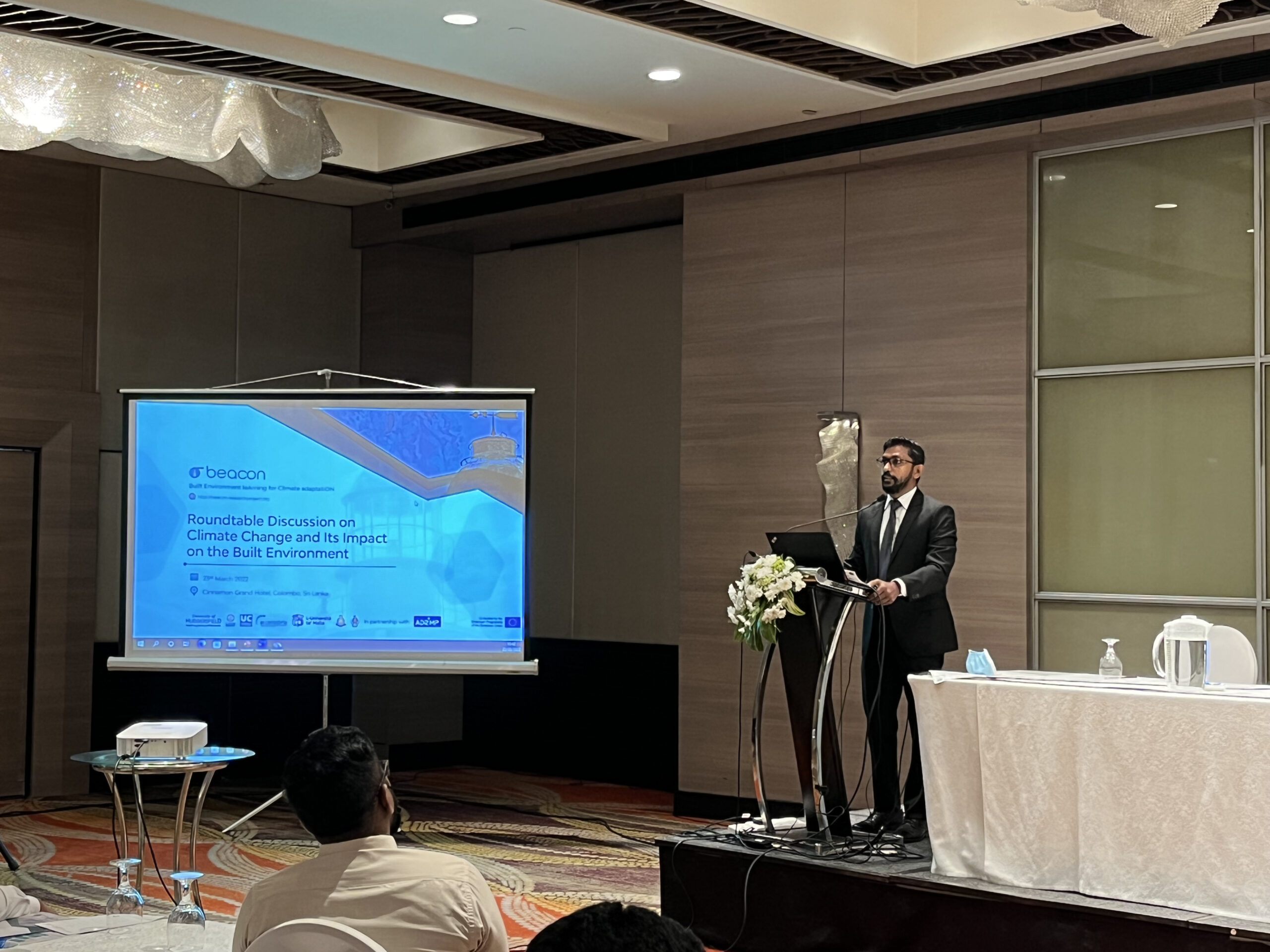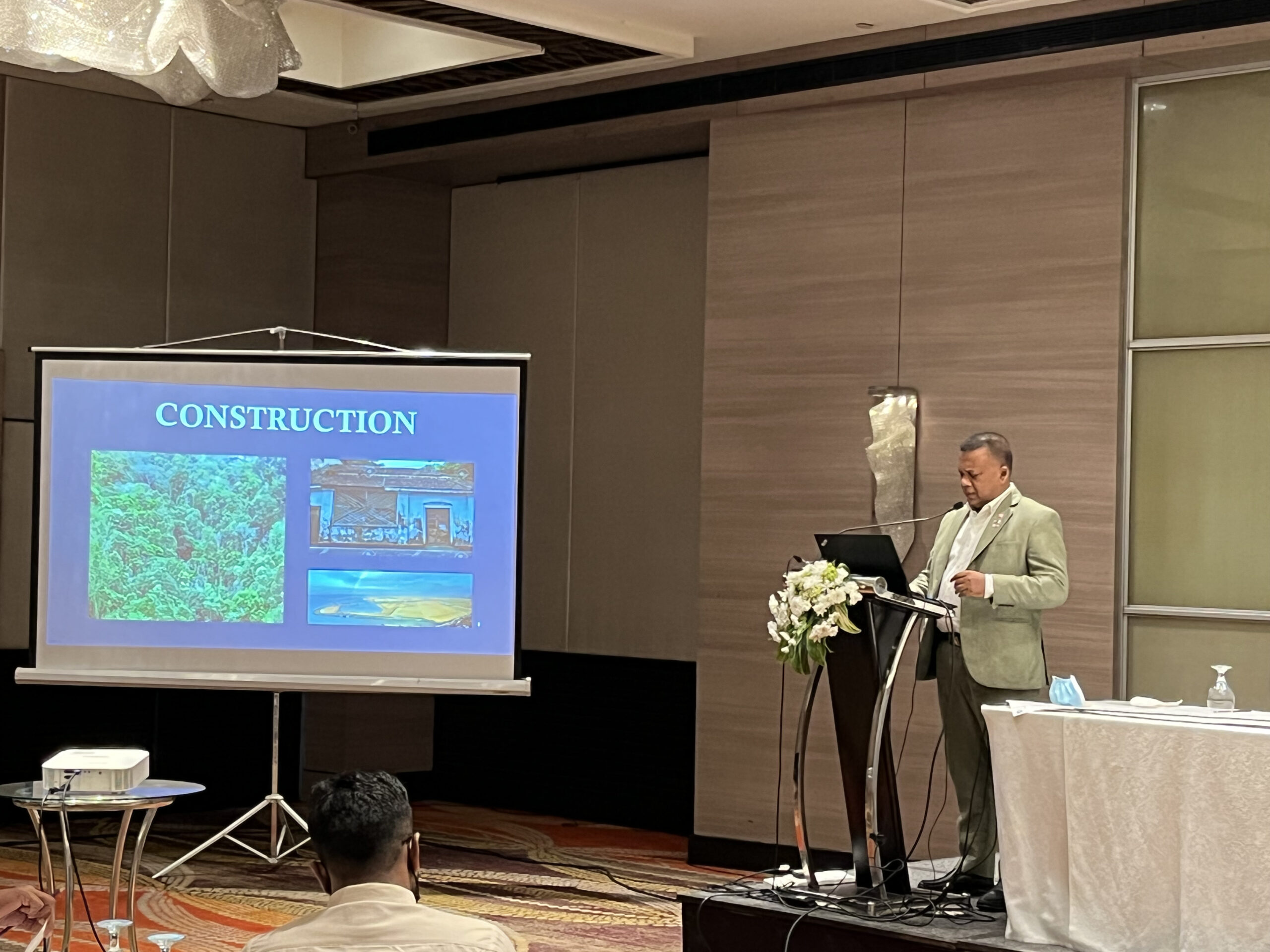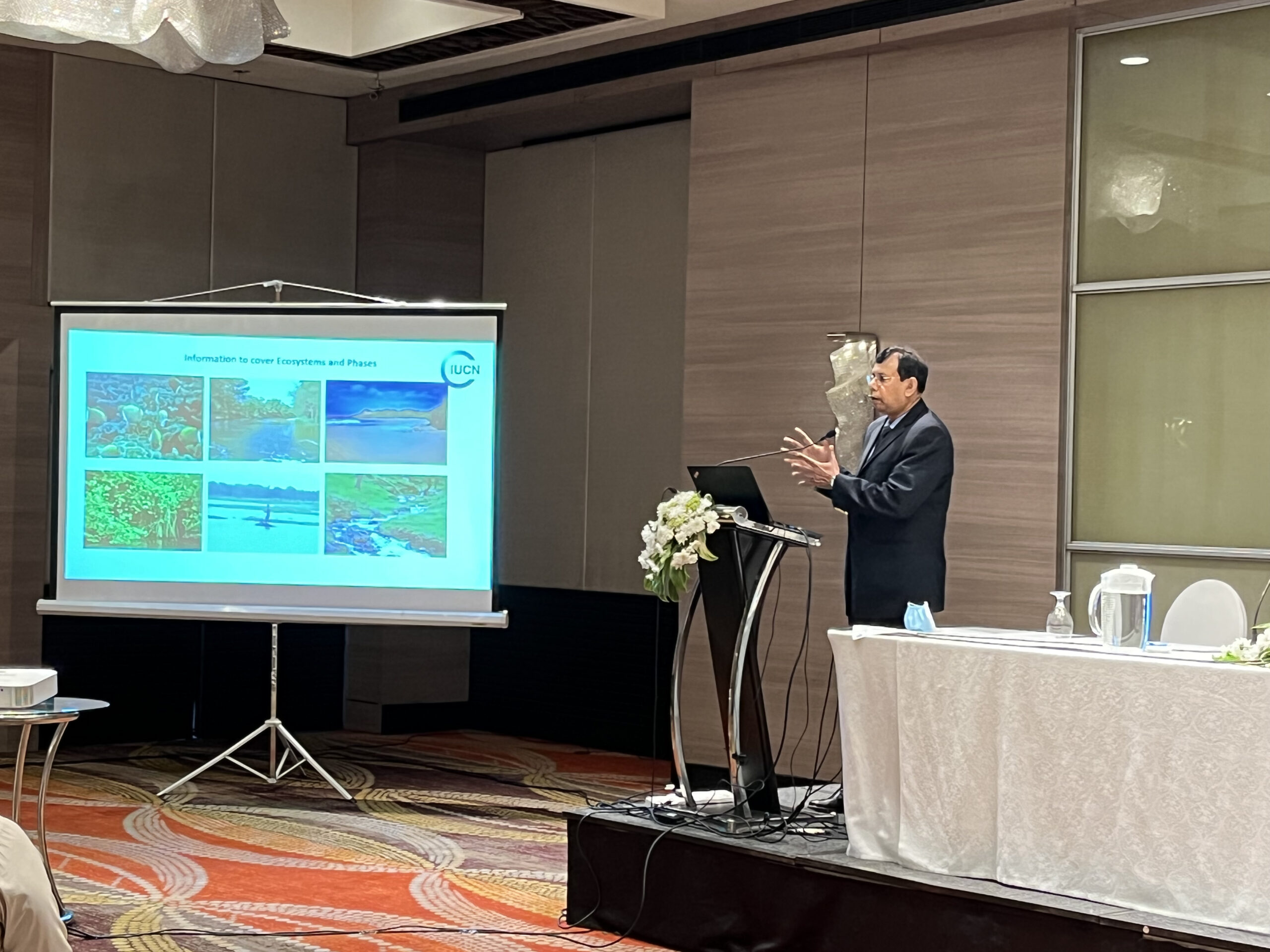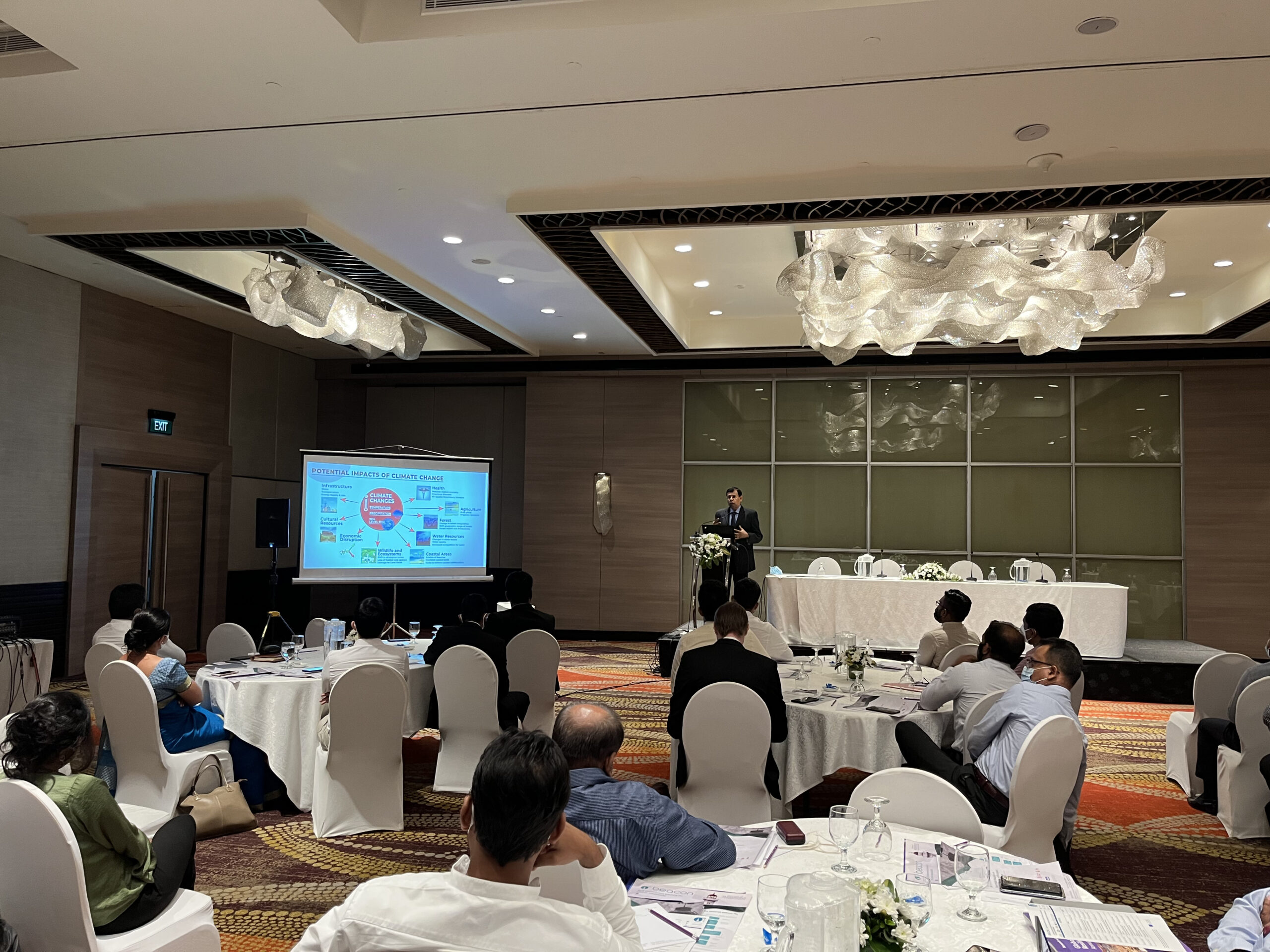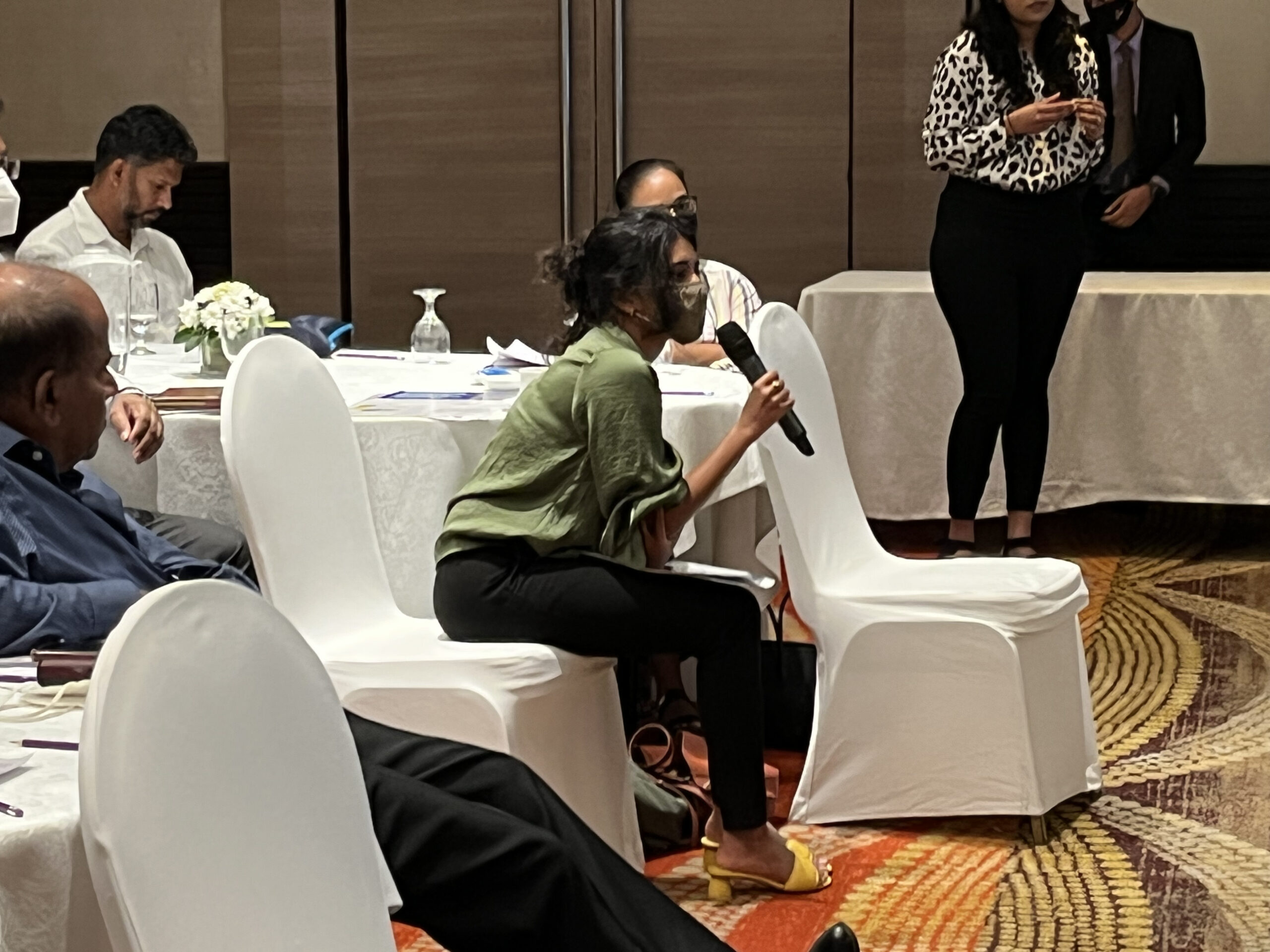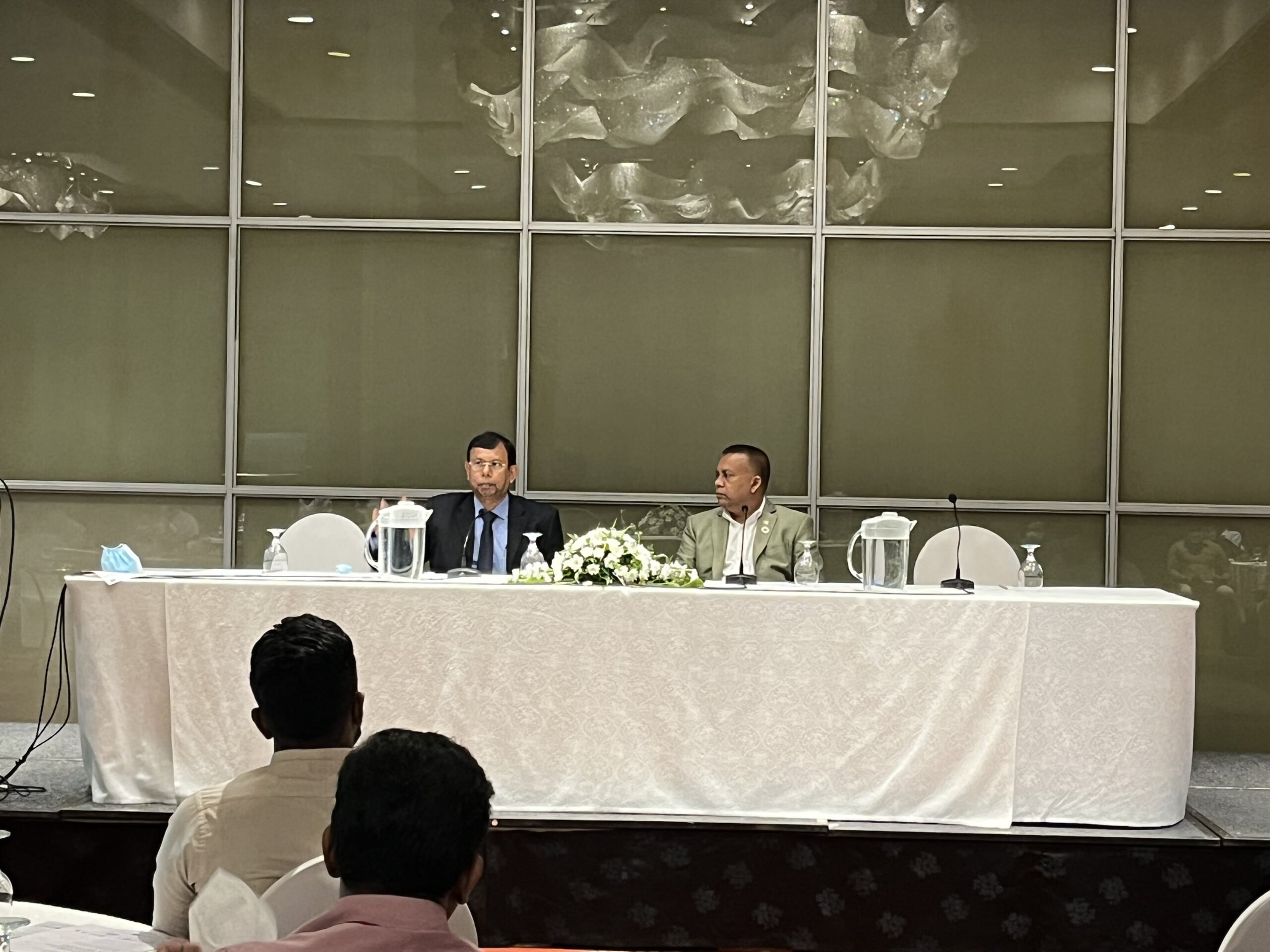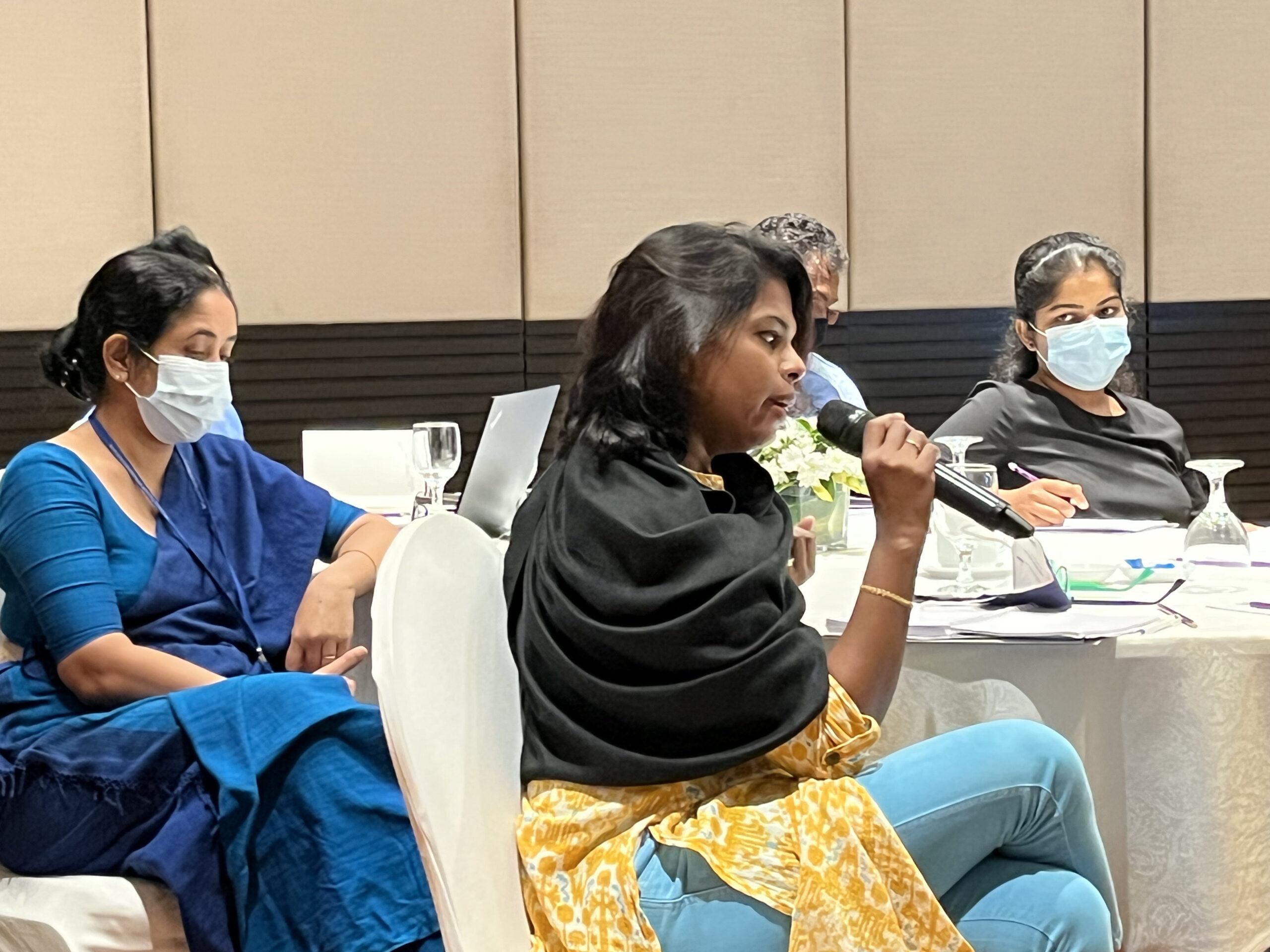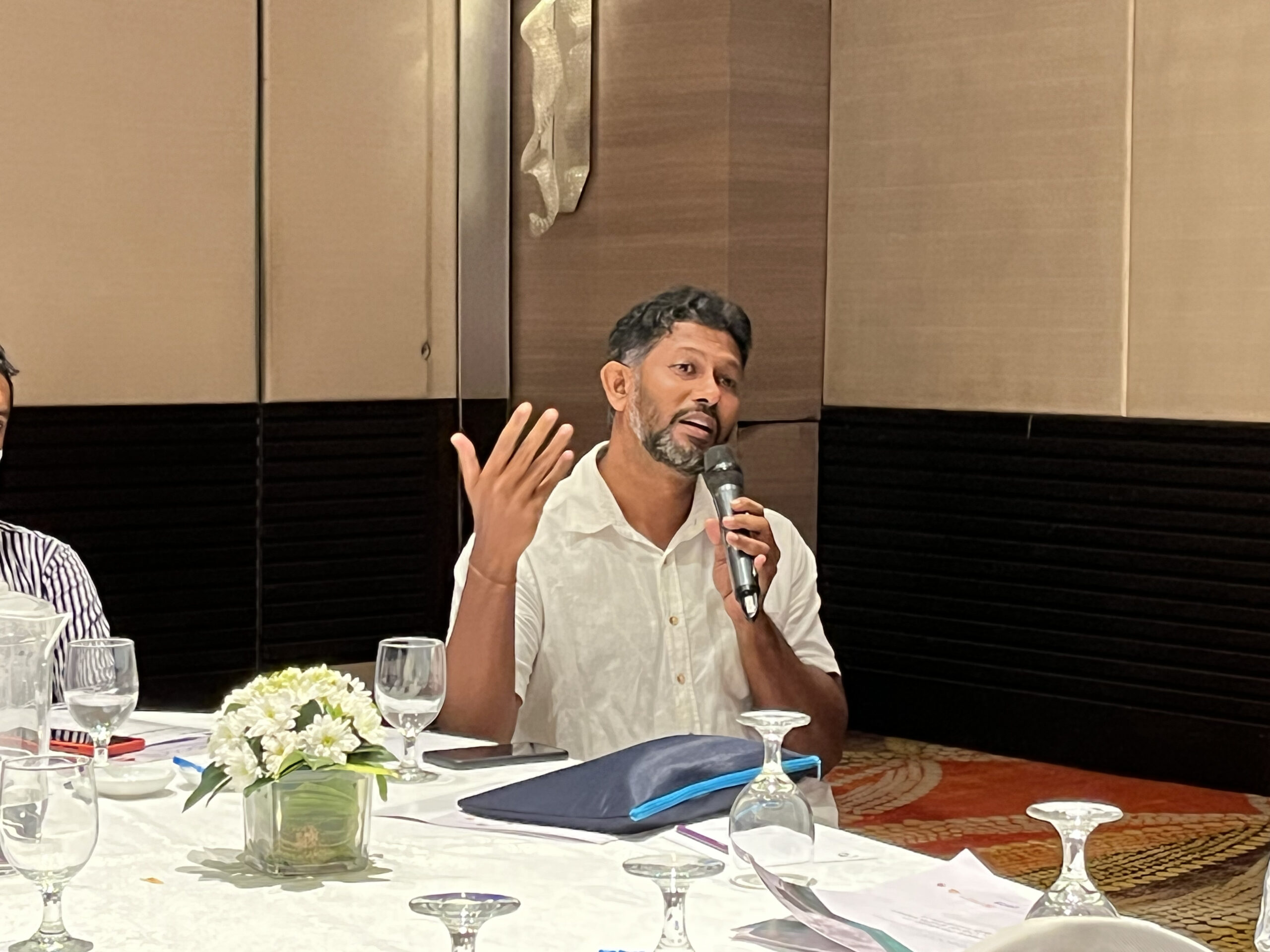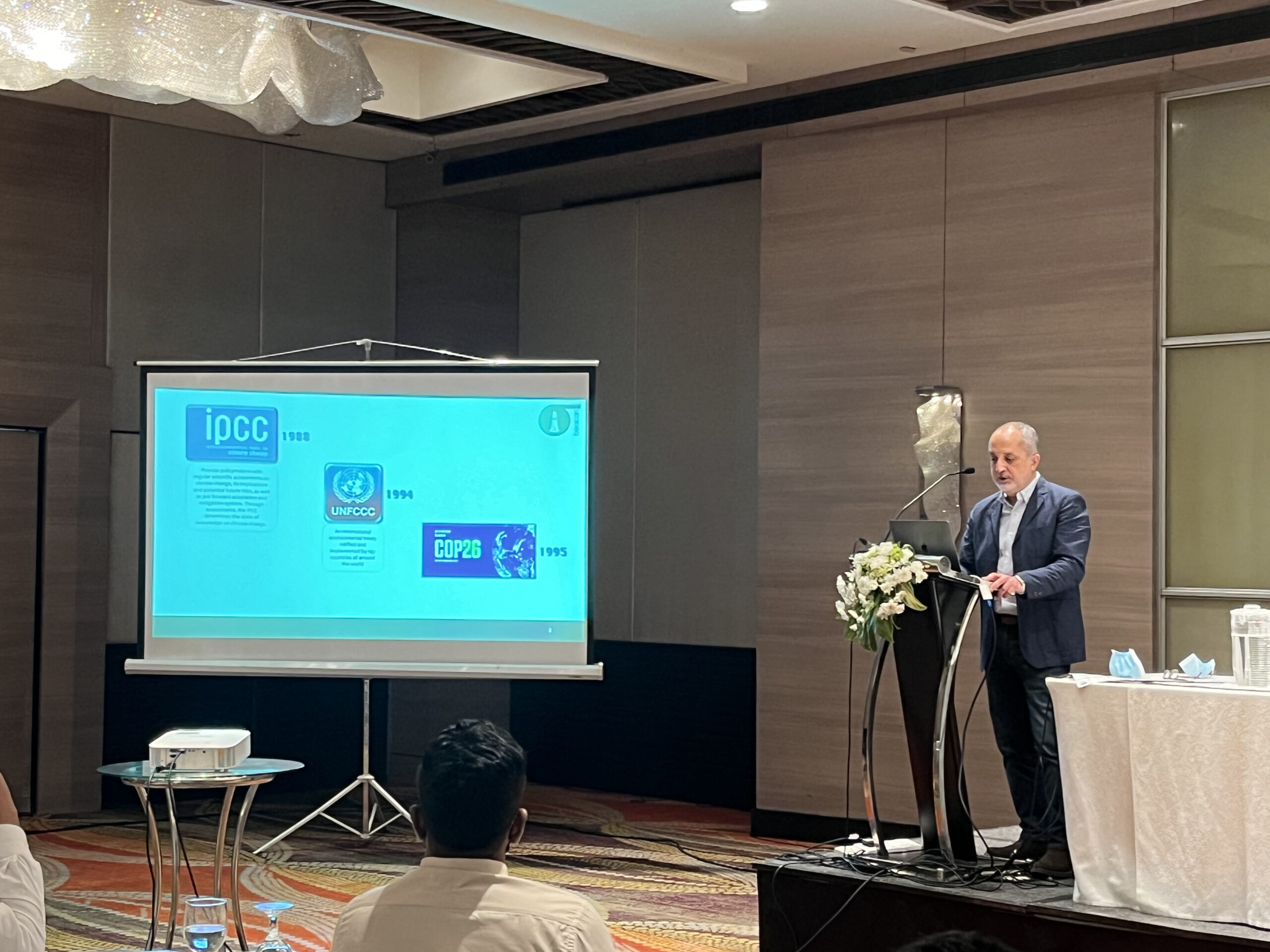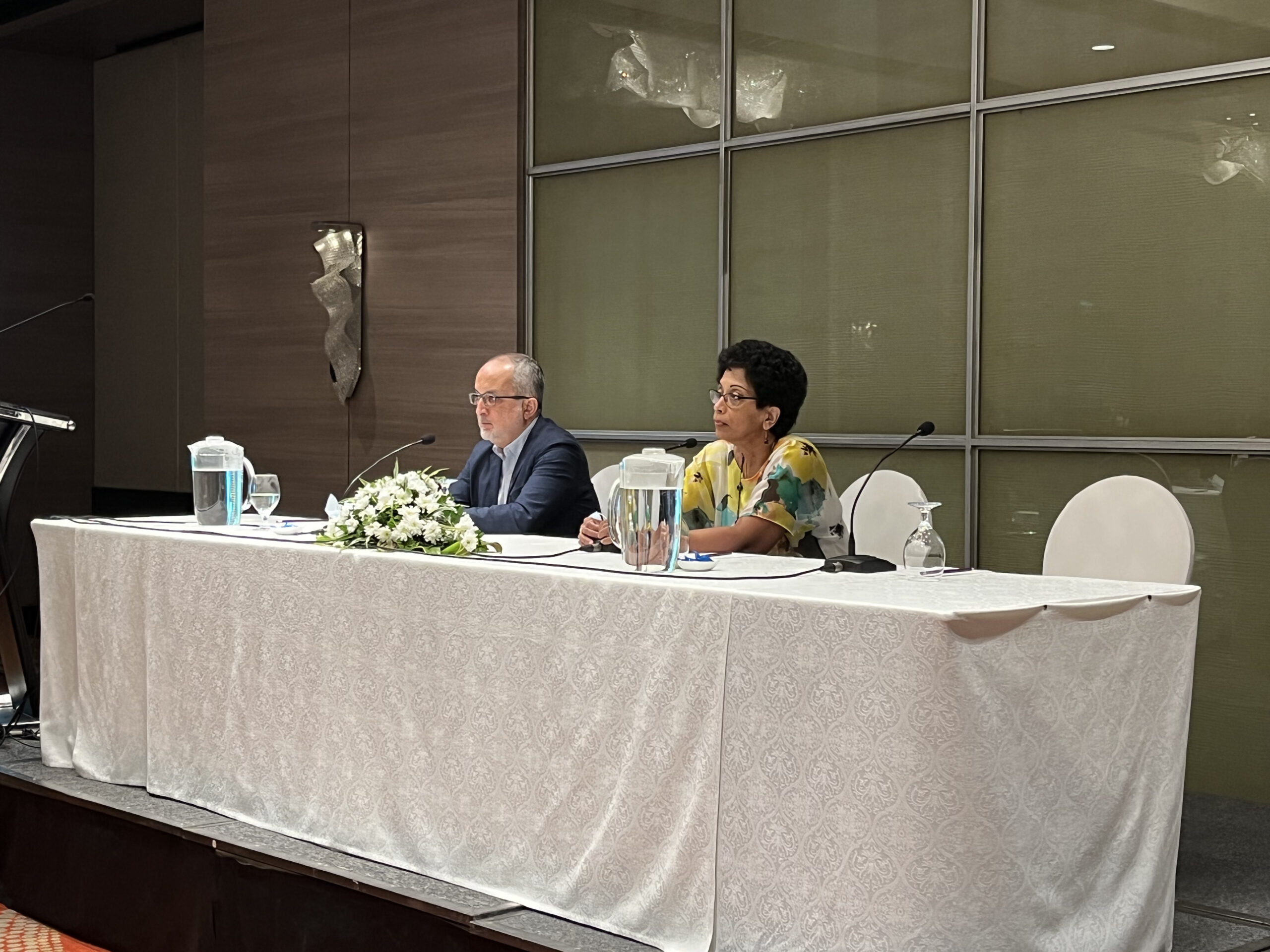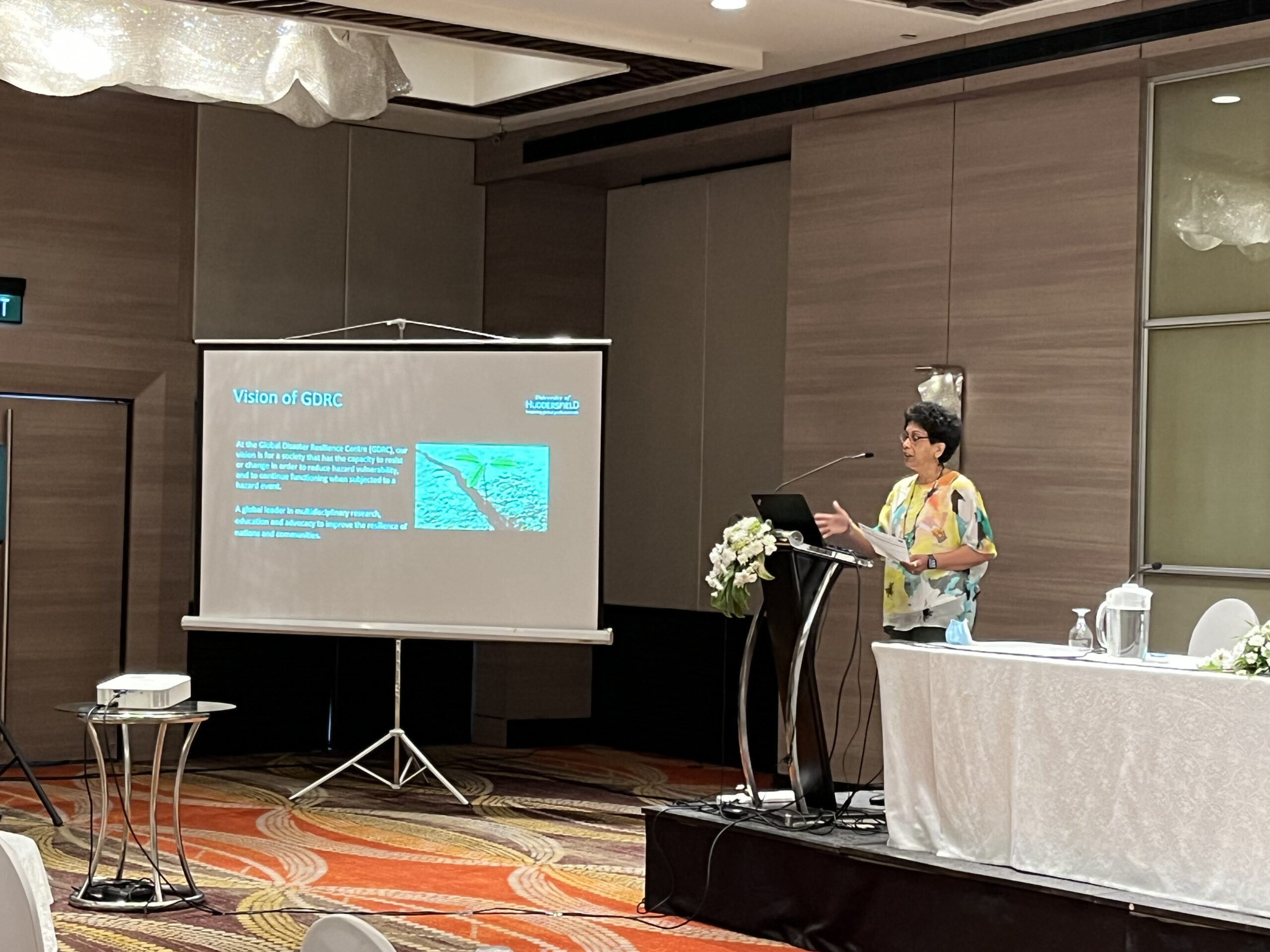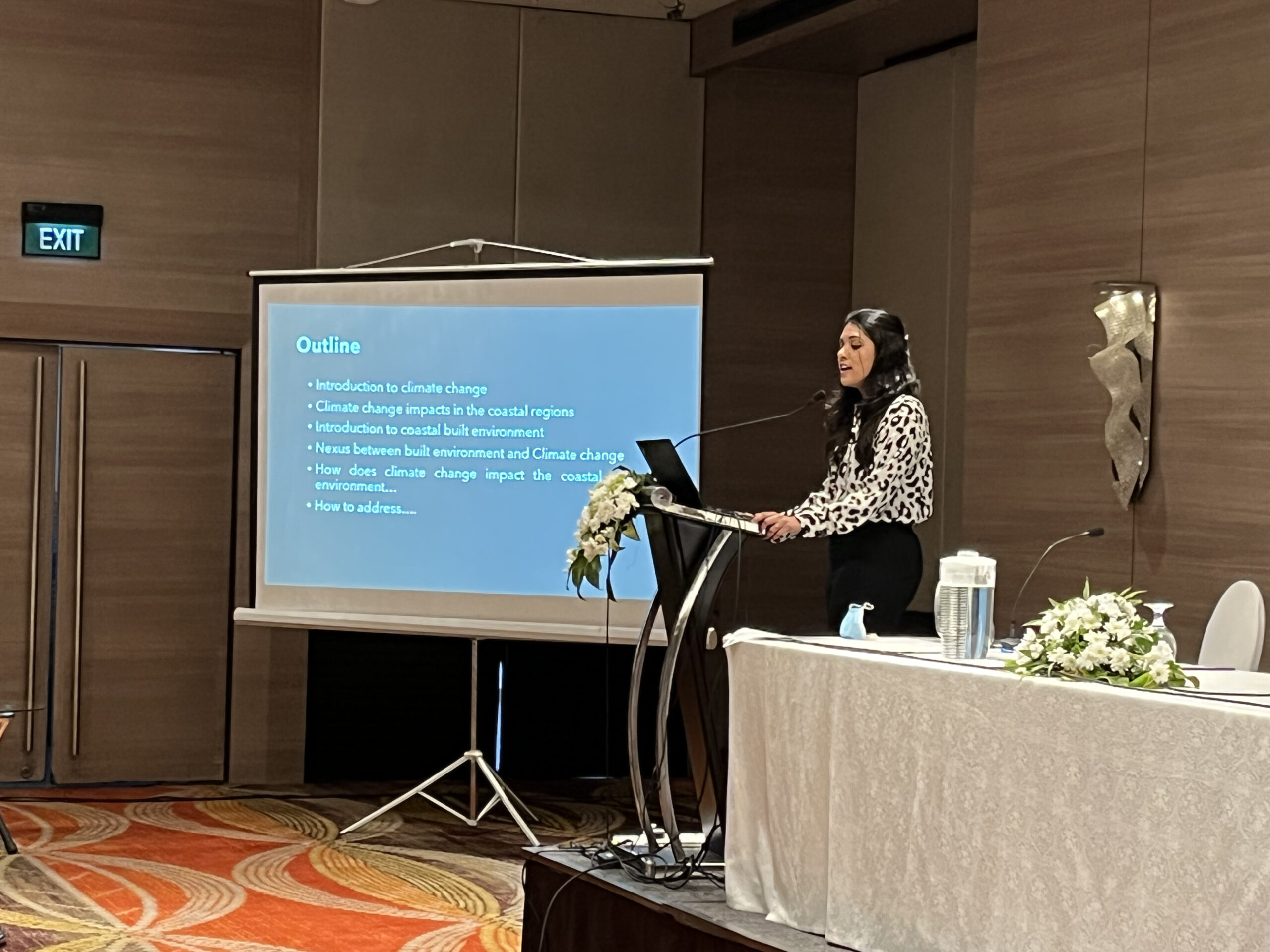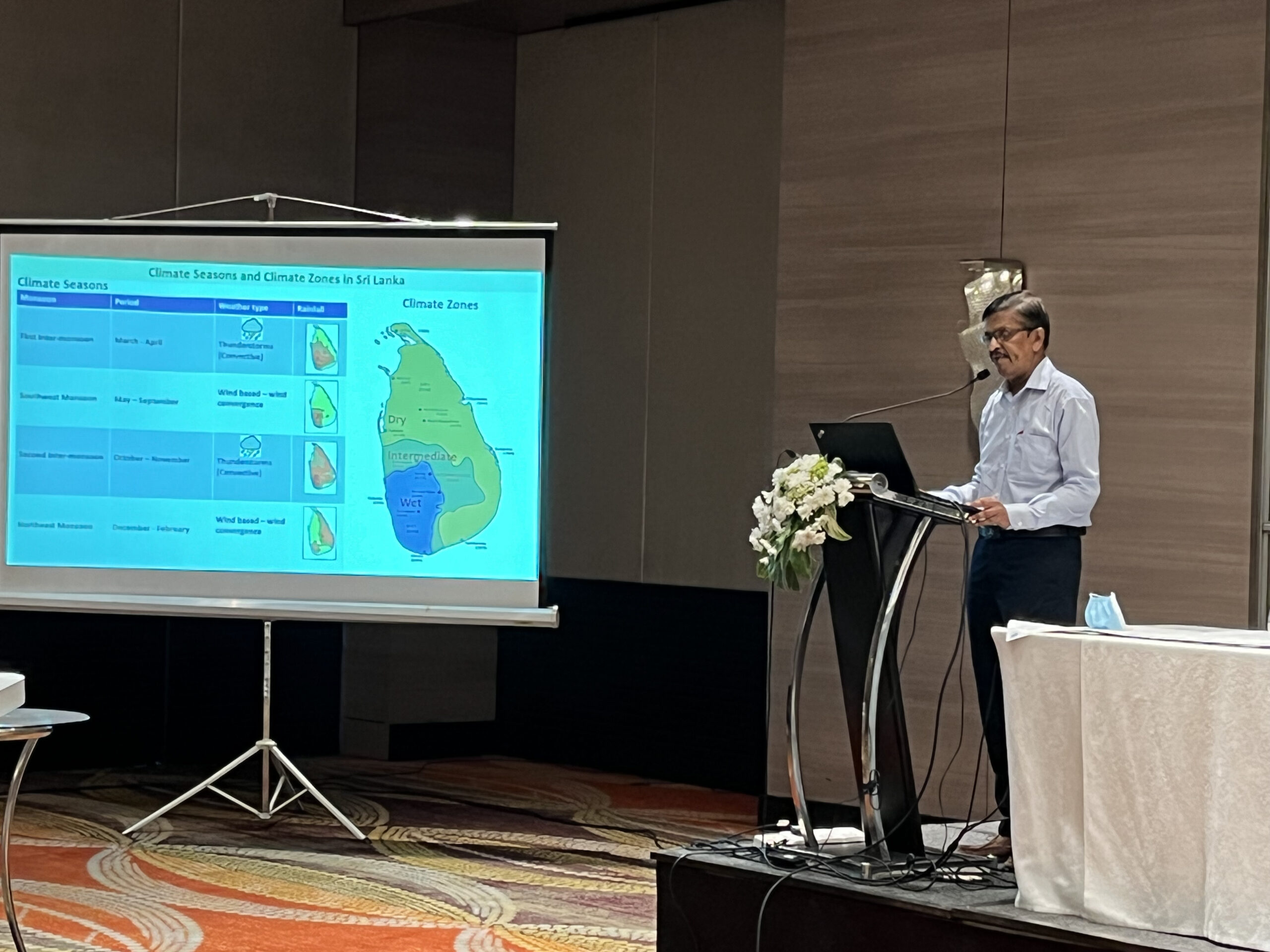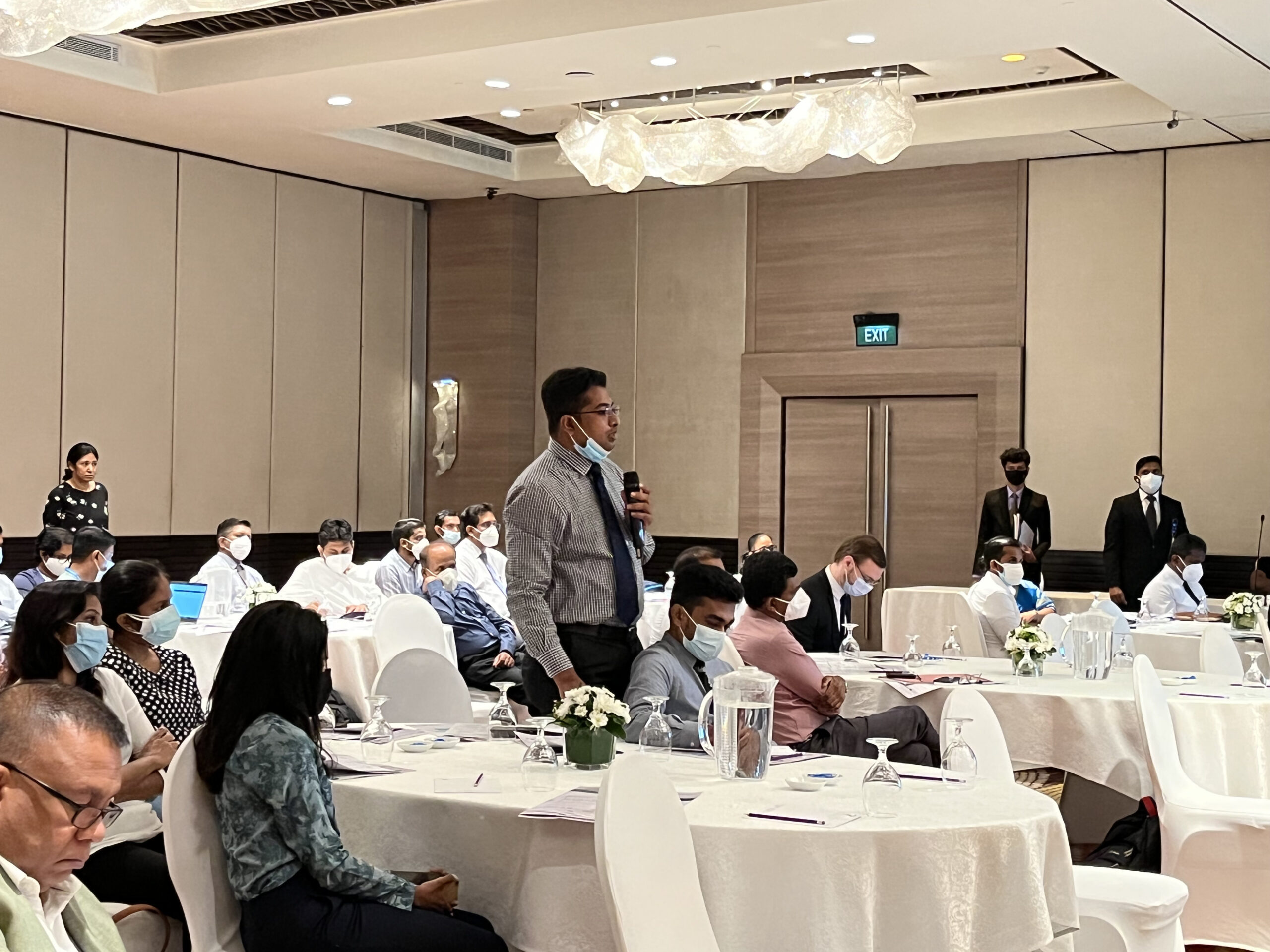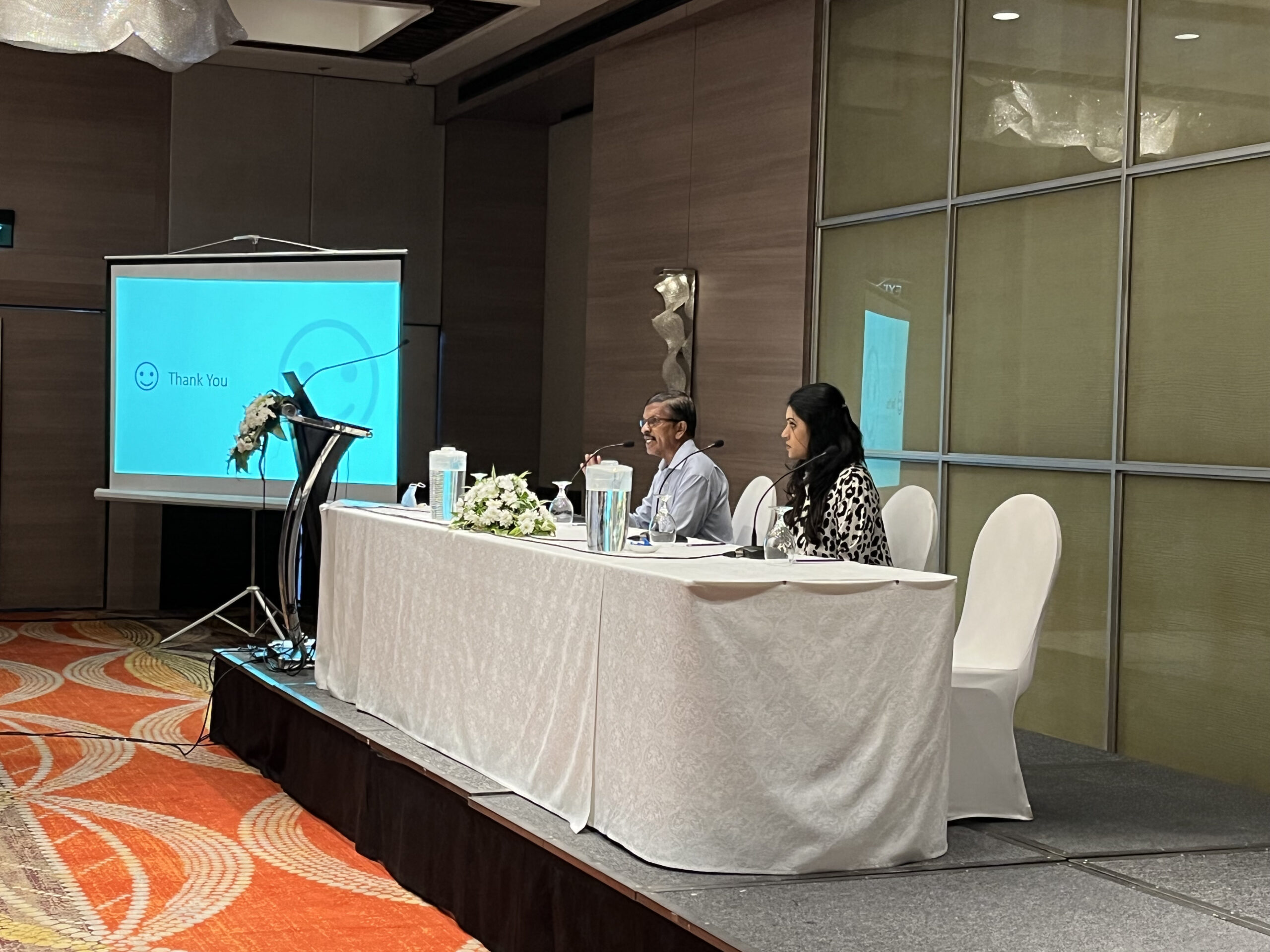International Research Symposium
Climate Change Adaptation in the Coastal Built Environment
Santander - Spain
19-20th June 2023
Live Recordings
DAY 01
19th June 2023
Welcome, Introduction and Keynote Session
Session 1
Topic 2: Climate Change Adaptation in the built environment and land use planning
Please use the following buttons to view the presentations in detail.
Session 2
Topic 3: Communicating Climate Change Adaptation
Topic 4: Climate change education
Please use the following buttons to view the presentations in detail.
DAY 02
20th June 2023
Mesa redonda / Panel discussion
Please use the following buttons to view the presentations in detail.
Session 3
Topic 1: The governance framework for Climate Change Adaptation in the built environment
Please use the following buttons to view the presentations in detail.
Session 4
Topic 2: Climate Change Adaptation in the built environment and land use planning
Please use the following buttons to view the presentations in detail.
About the Symposium
Climate change is one of the greatest threats facing humanity and it is affecting every country on every continent. The impact of climate change is particularly pertinent to the built environment in coastal regions given the socioeconomic importance of this area and the expected impacts related to rising sea levels, increase frequency of extreme events and changes in coastal dynamics, in addition to changes in temperature or precipitation. It is important to better understand the impacts of climate change and the existing capacities to develop tangible climate adaptation measures for the built environment in coastal regions.
In addressing this adaptation challenge, we must change how we approach urban planning and design, construct and retrofit the built environment. Climate change adaptation in the coastal built environment goes beyond addressing physical and environmental needs. It must also address socio-cultural, institutional, human capital, and economic perspectives to promote efficient climate change adaptation measures.
This high-level, international symposium will encourage debate and discussion on how a holistic approach to climate change adaptation in the built environment can help address some challenges and provide effective policies and methods for climate change adaptation in the coastal built environment. It will promote knowledge-sharing among the research community and practitioners in the field and encourage multidisciplinary and multi-sectoral interaction. The symposium is organised by the project consortium of BEACON, an ERASMUS + project, co-funded by the European Commission.
Topics
Topic 1
The governance framework for Climate Change Adaptation in the built environment. Including, but not limited to:
- Regulatory and institutional frameworks.
- Integration of the Paris agreement, SDGs, and Sendai Framework in the context of the coastal built environment.
- The role of built environment stakeholders in addressing climate change.
- Role of professionals in tackling climate change adaptation.
- Knowledge and skill gaps in addressing climate change in the built environment.
- Climate change competencies for the built environment.
Topic 2
Climate Change Adaptation in the built environment and land use planning. Including, but not limited to:
- Climate change impact the coastal built environment.
- Challenges in implementing climate change adaptation measures in land use planning.
- Adapting the coastal built environment to climate change.
- Mainstreaming climate change adaptation within the land use planning and construction process.
- Building efficiency and building codes related to climate change adaptation.
Topic 3
Communicating Climate Change Adaptation.
Including, but not limited to:
- Strategies for raising awareness at all levels. From individuals to implementing agencies. From public to private entities.
- Knowledge transfer and scientific-based decision taking.
- Methods and strategies for participatory processes: stakeholder participation and engagement.
Topic 4
Climate change education
Including, but not limited to:
- Lifelong learning in climate change adaptation in the built environment.
- Innovative and interdisciplinary practices in climate change education.
- Pedagogical styles and strategies for climate change education.
- Climate change education in the higher education curriculum.
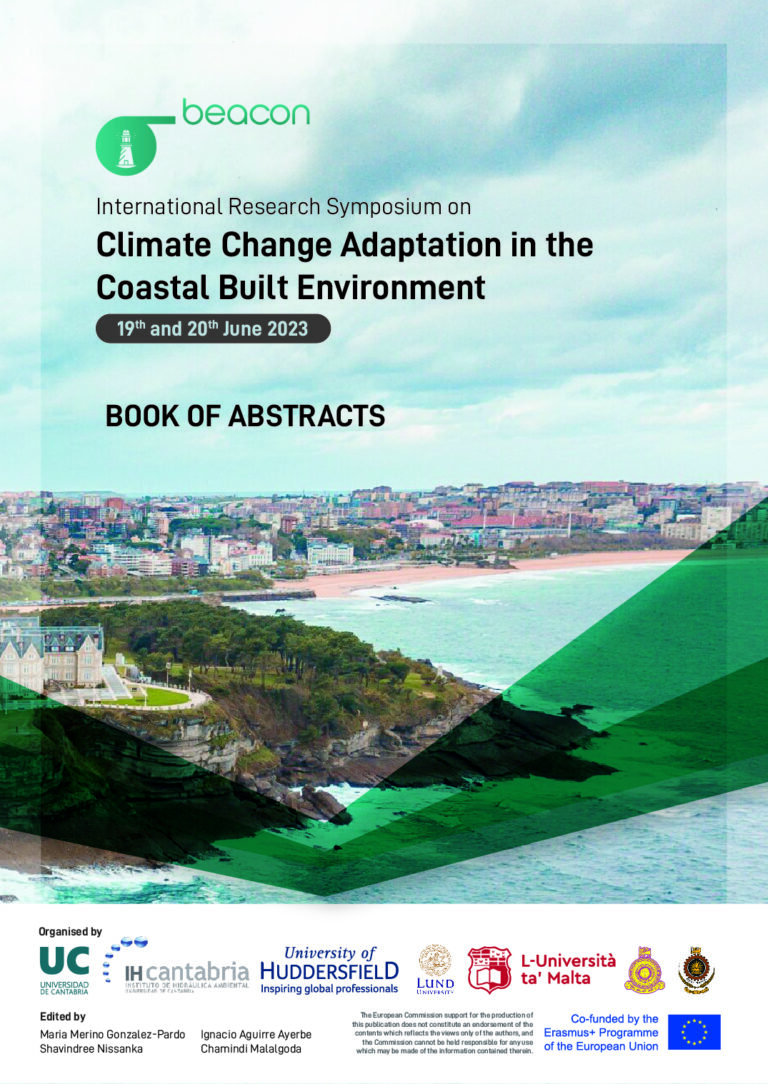
Book of Abstracts
Book of abstracts of the symposium is now available! Please click here to access.
Summarized Agenda
DAY 01
19th June 2023
Time (CET)
Session
15:30 – 15:45
Welcome and Introduction/ Symposium Overview
15:45 – 16:30
Keynote Session – “Recent contributions of IHCantabria to coastal adaptation”
Professor Iñigo Losada
16:30 – 16:45
Coffee Break
16:45 – 18:45
Presentation of abstracts
DAY 02
20th June 2023
Time (CET)
Session
9:00 – 11:00
Presentation of abstracts
11:00 – 11:30
Coffee Break
11:30 – 13:30
Presentation of abstracts
13:30 – 14:30
Lunch Break
14:30 – 15:15
Keynote Session – “Climate change induced displacement and relocation; Learnings to build a resilient coastal built environment”
Professor Nishara Fernando
15:15 – 16:10
Panel discussion and Round Table – “Challenges in local climate change adaptation. The case of Spain. Sharing international experiences” (Part 1)
(This session is in Spanish, with simultaneous translation into English)
16:10 – 16:40
Coffee Break
16:40 – 17:40
Panel discussion and Round Table – “Challenges in local climate change adaptation. The case of Spain. Sharing international experiences” (Part 2)
(This session is in Spanish, with simultaneous translation into English)
17:40 – 18:00
Closing ceremony
Detailed programme of the sessions is now available.
Key Dates
Special Features
- Leading scientists and managers worldwide join to share their knowledge and experience.
- An opportunity to showcase and explore innovative research, policy and practice in an area that is gaining importance due to the expected impacts of climate change in the coastal built environment.
Key Outputs
- A book of abstracts with an associated ISBN and DOI.
- High-quality submissions will be invited to publish in the Book Volume ” Climate Change Adaptation in the Built Environment” with Springer Nature
Keynote Speakers

Prof. Iñigo Losada
Recent contributions of IHCantabria to coastal adaptation
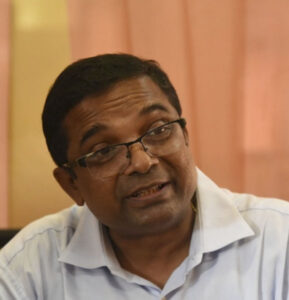
Prof. Nishara Fernando
Climate change induced displacement and relocation; Learnings to build a resilient coastal built environment
Scientific Committee

Ignacio Aguirre Ayerbe
IHCantabria (ES)

María Merino González-Pardo
IHCantabria (ES)

Prof. Dilanthi Amaratunga
University of Huddersfield (UK)

Prof. Richard Haigh
University of Huddersfield (UK)

Dr Chamindi Malalgoda
University of Huddersfield (UK)

Shavindree Nissanka
University of Huddersfield (UK)

Prof. Ruben Paul Borg
Univeristy of Malta (MT)

Dr Glorianne Borg
Univeristy of Malta (MT)

Prof. Mo Hamza
Lund University
(SE)

Prof. Nishara Fernando
University of Colombo (LK)

Prof. Lalith Rajapakshe
University of Moratuwa (LK)
Organised by
International Research Symposium Climate Change Adaptation in the Coastal Built Environment is organised by :
- BEACON (Built Environment learning for Climate Adaptation) project
- University of Huddersfield, UK;
- Lund University, Sweden;
- University of Cantabria, Spain;
- University of Malta, Malta;
- University of Colombo, Sri Lanka; and
- University of Moratuwa, Sri Lanka.
Contact Details
Maria Merino González-Pardo
Coastal Engineering and Management Group
IHCantabria (Spain)
maria.merino@unican.es
Ignacio Aguirre Ayerbe
Coastal Engineering and Management Group
IHCantabria (Spain)
ignacio.aguirre@unican.es




